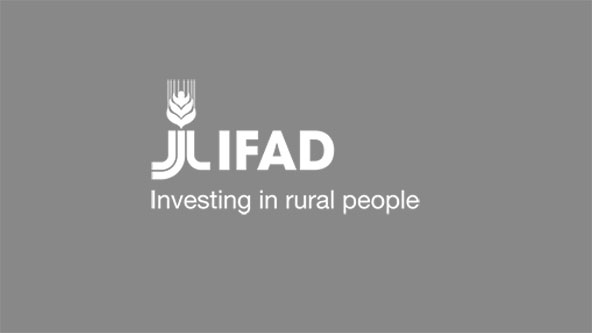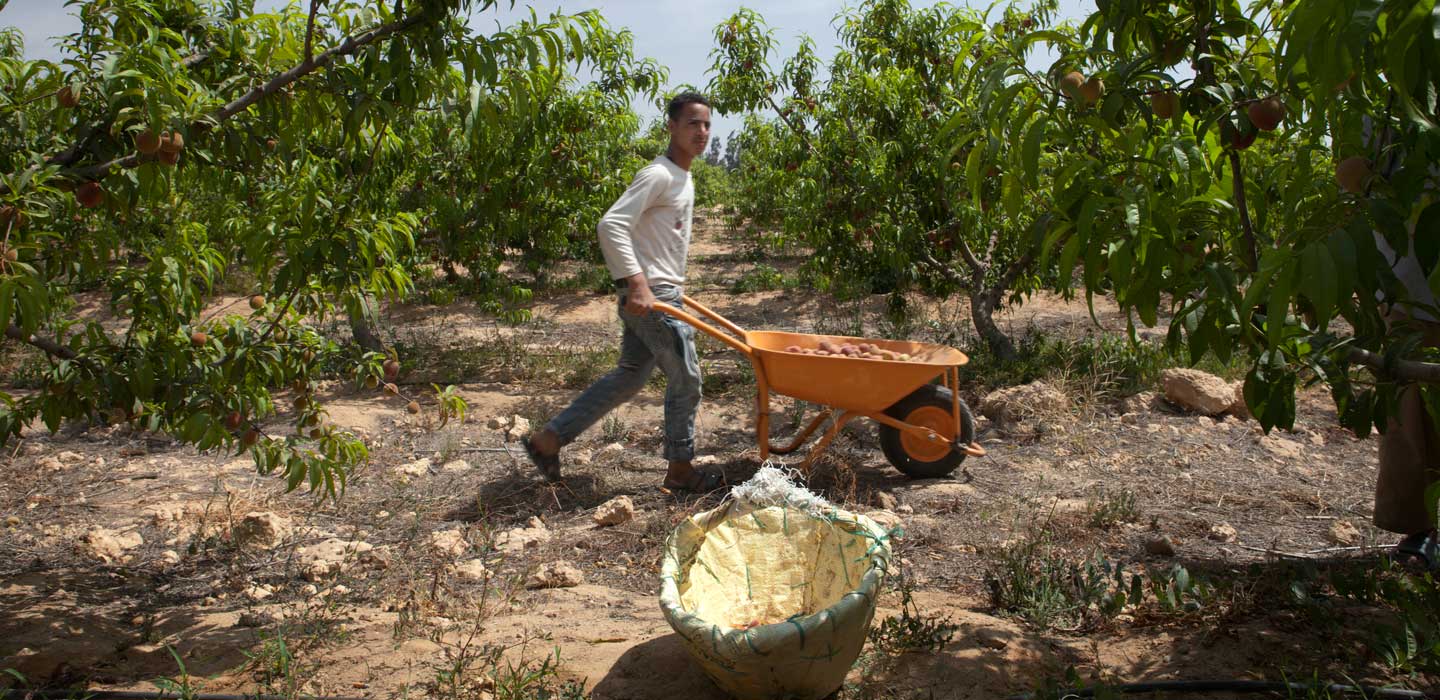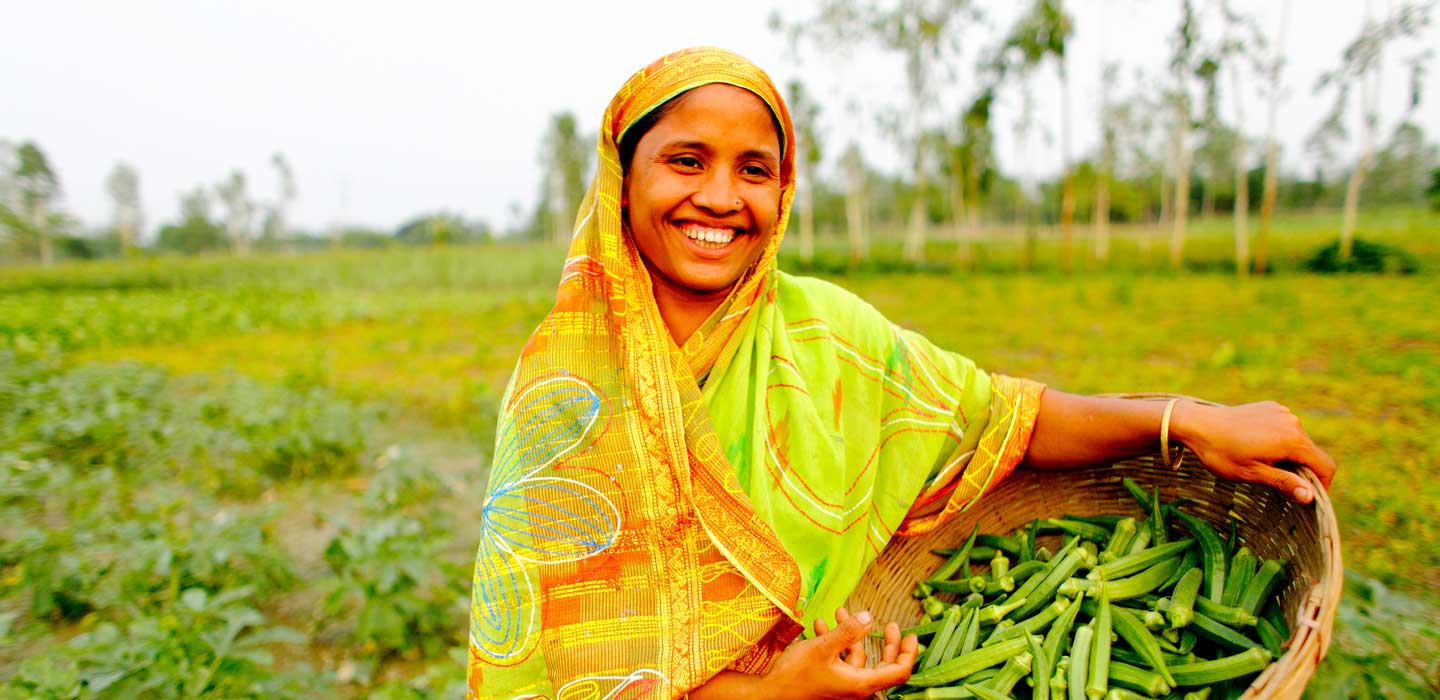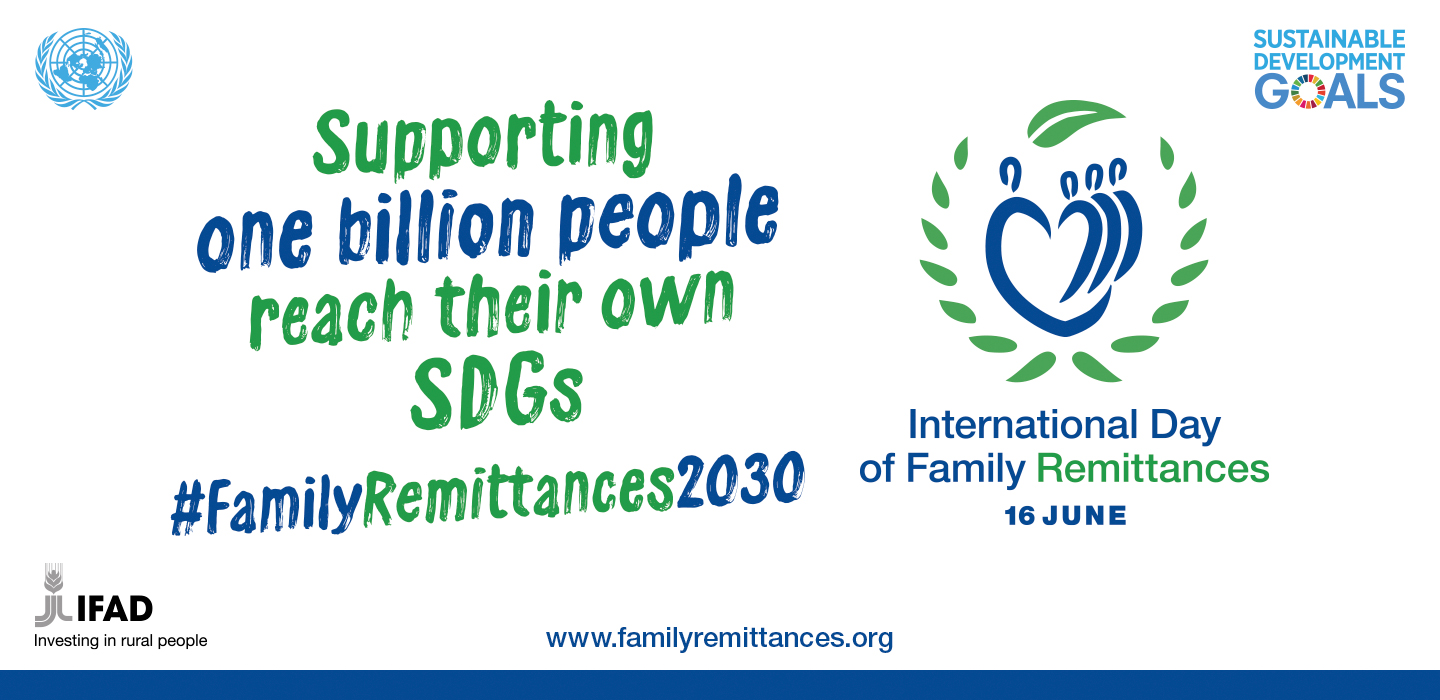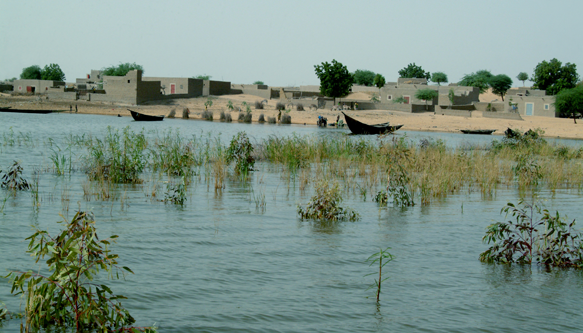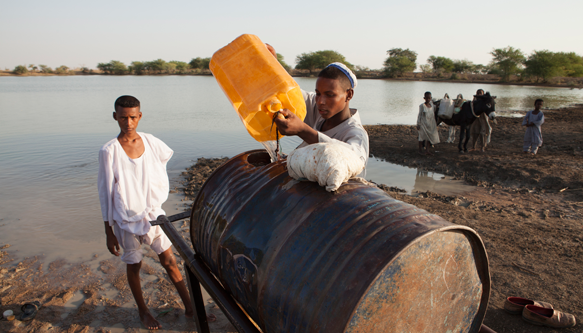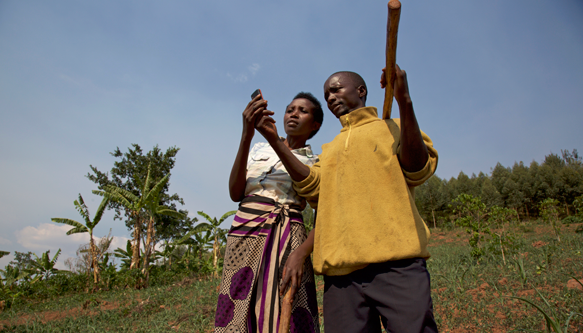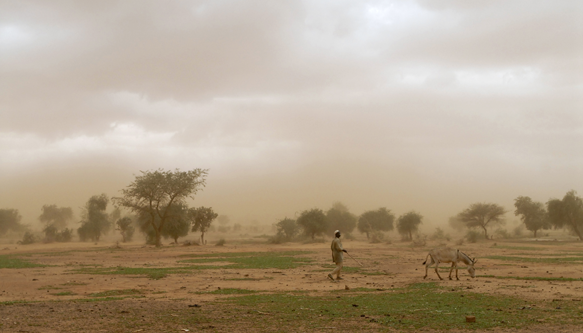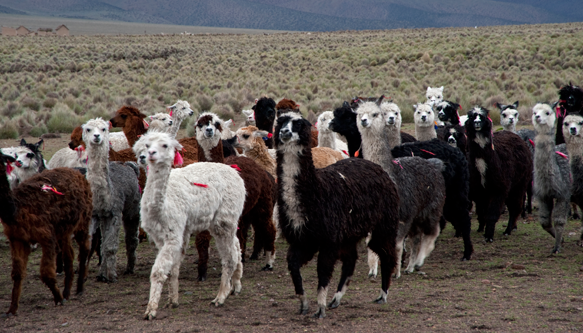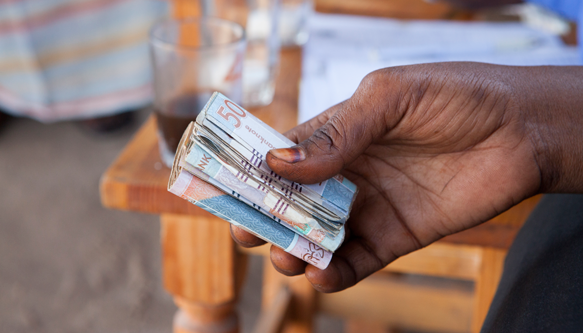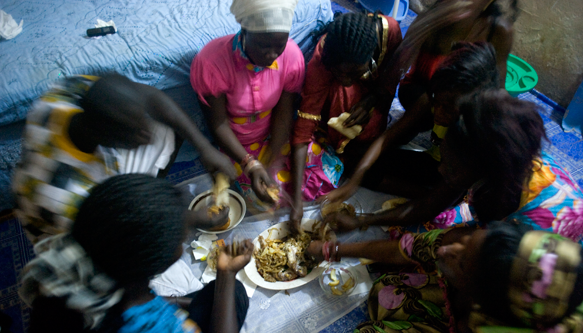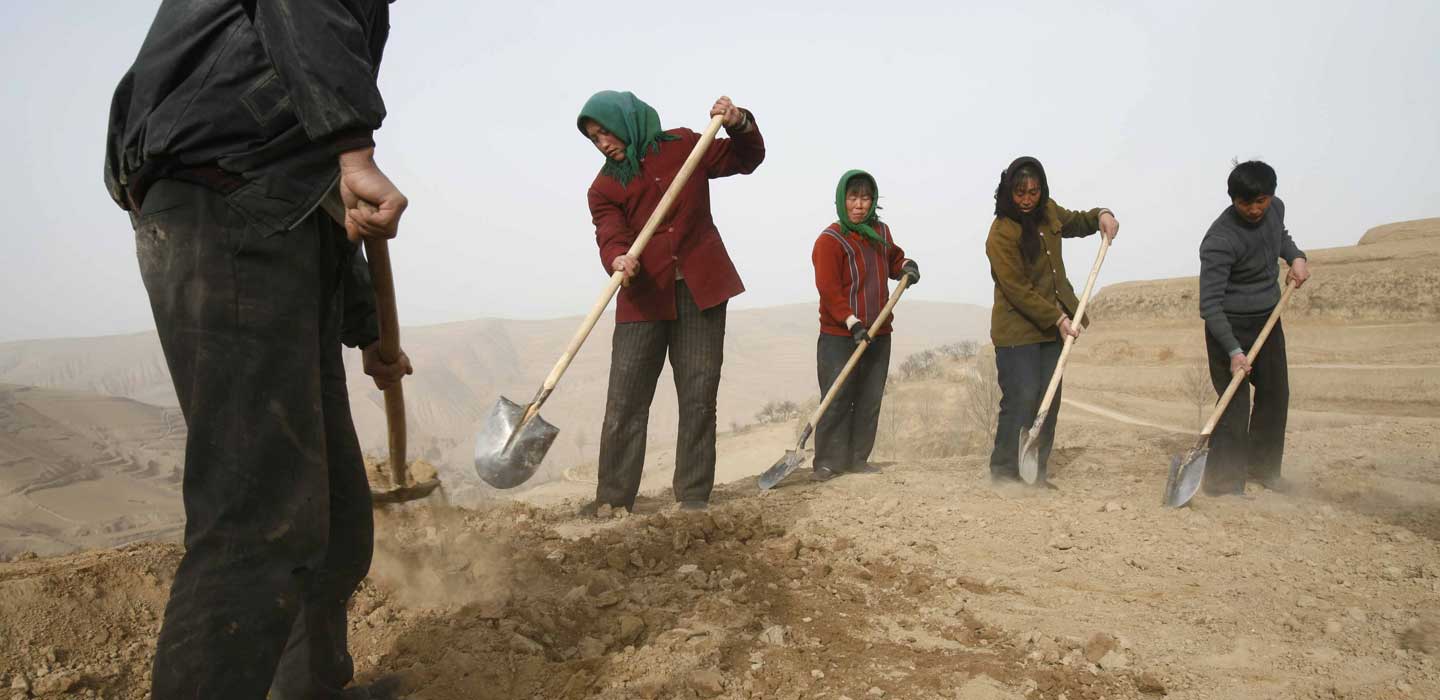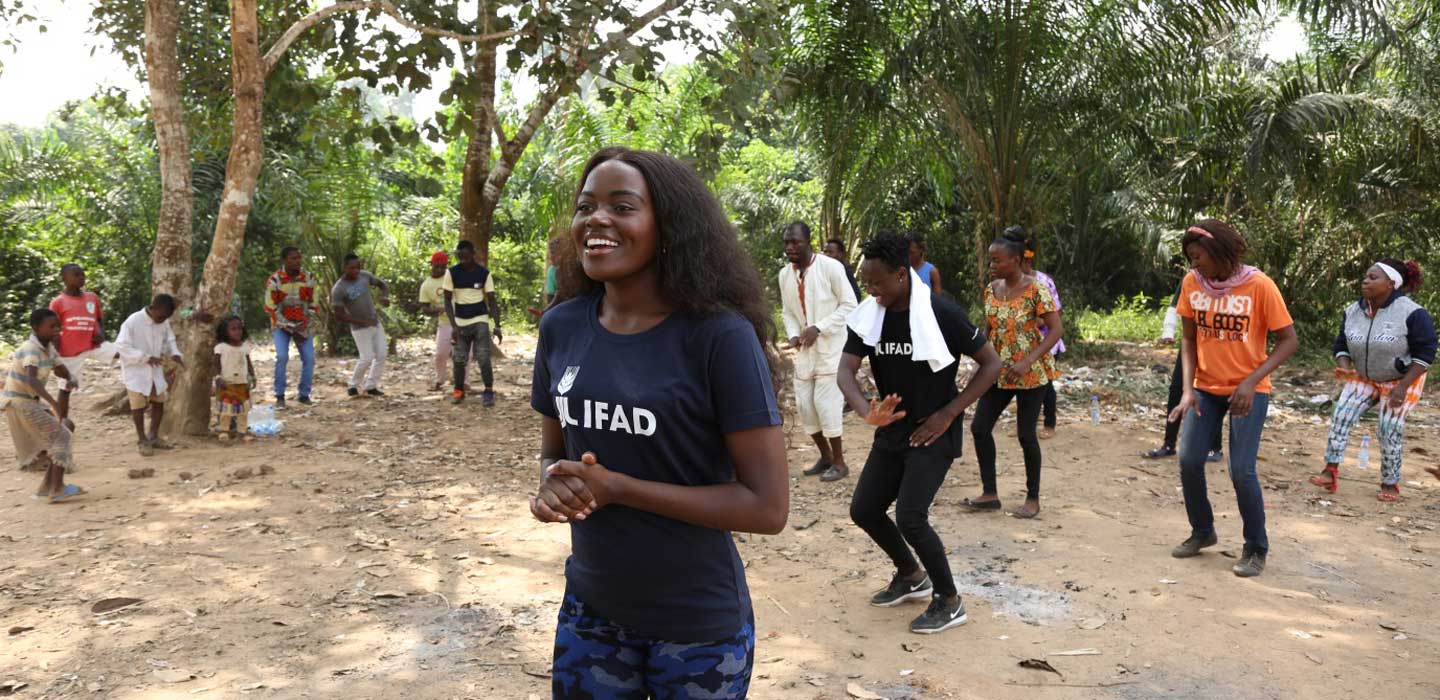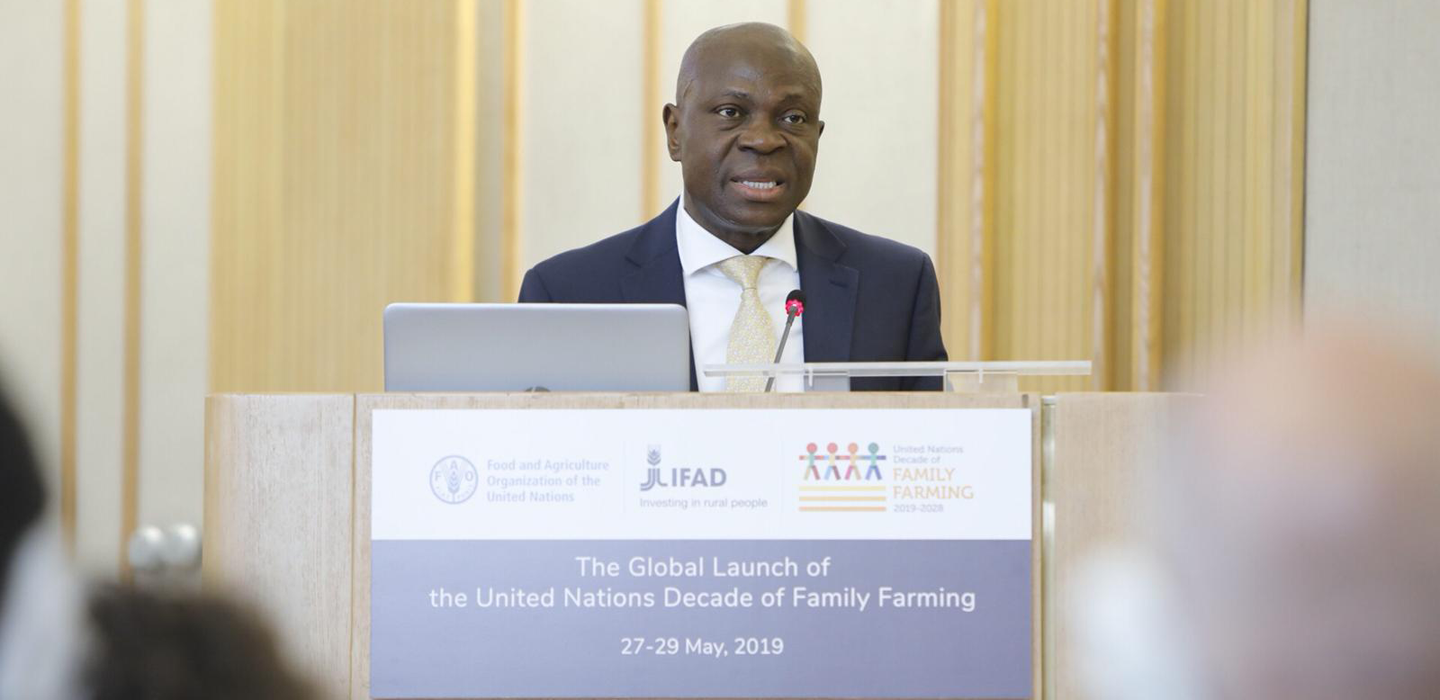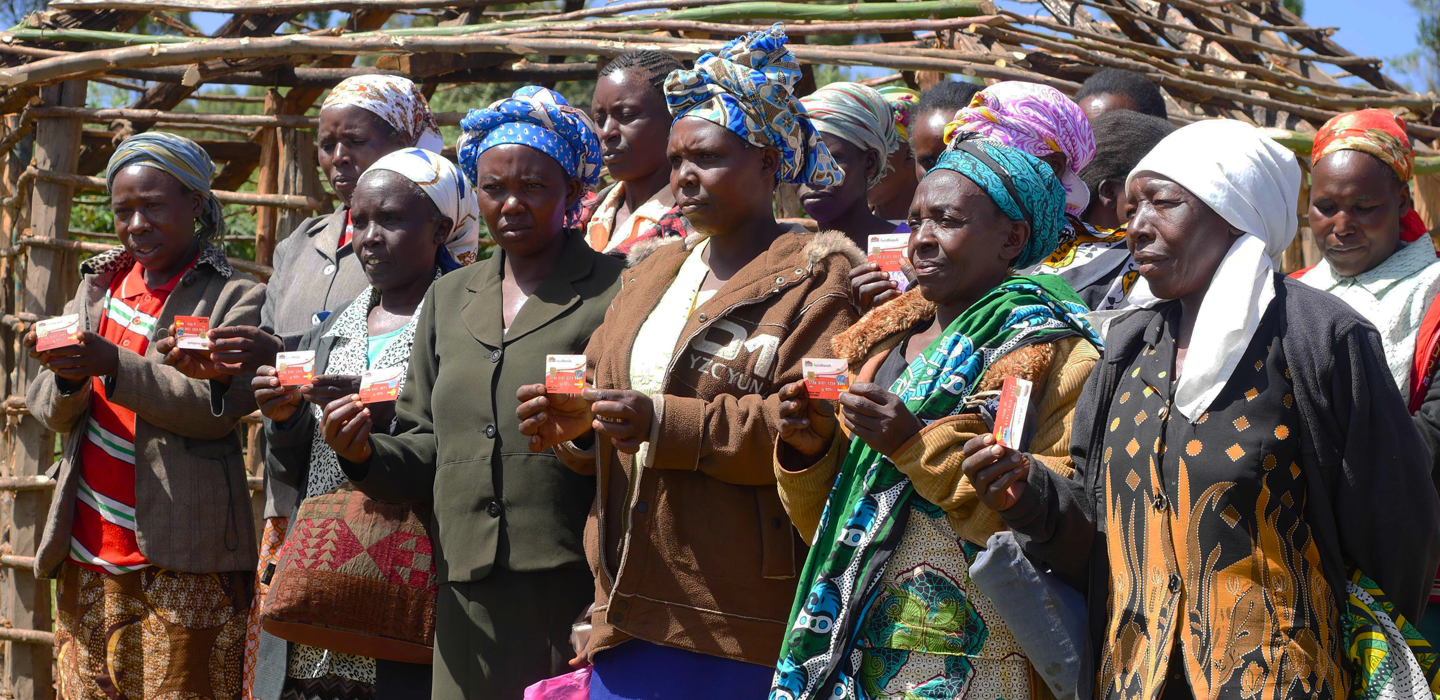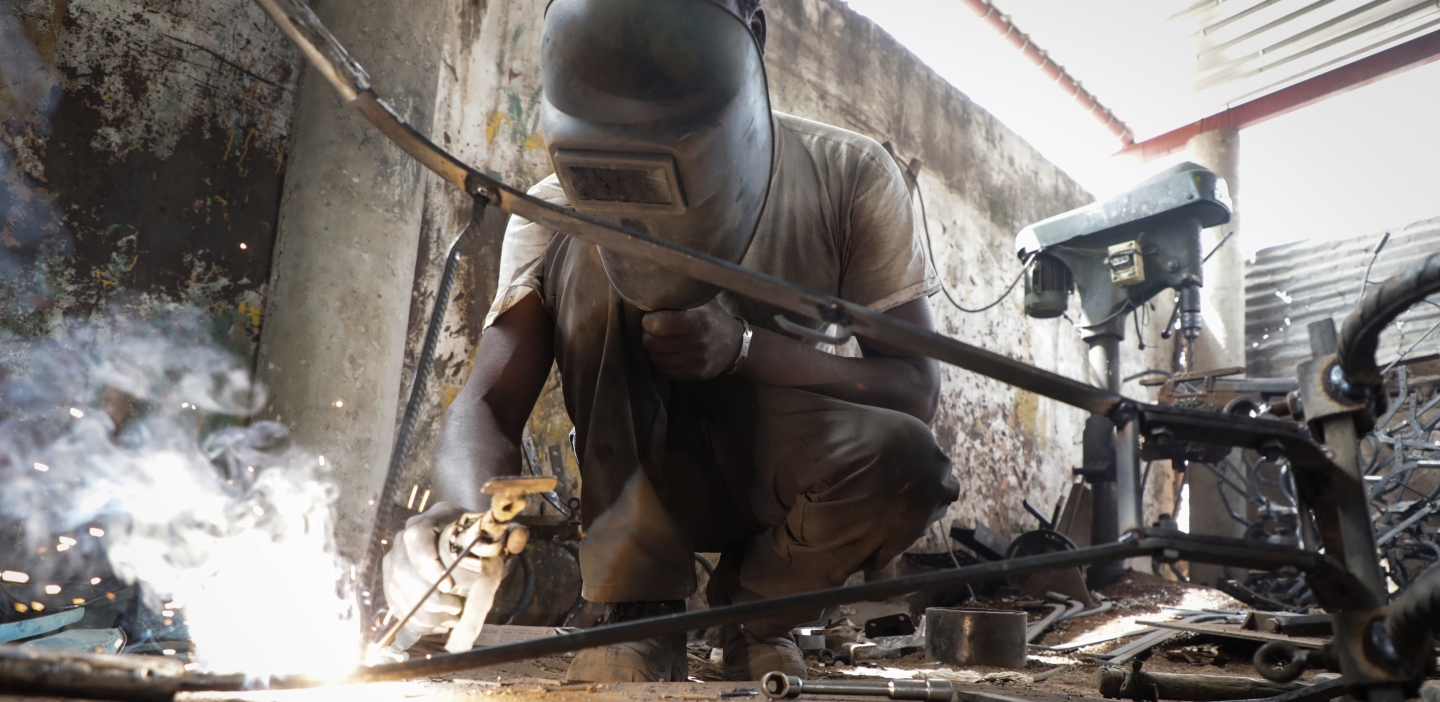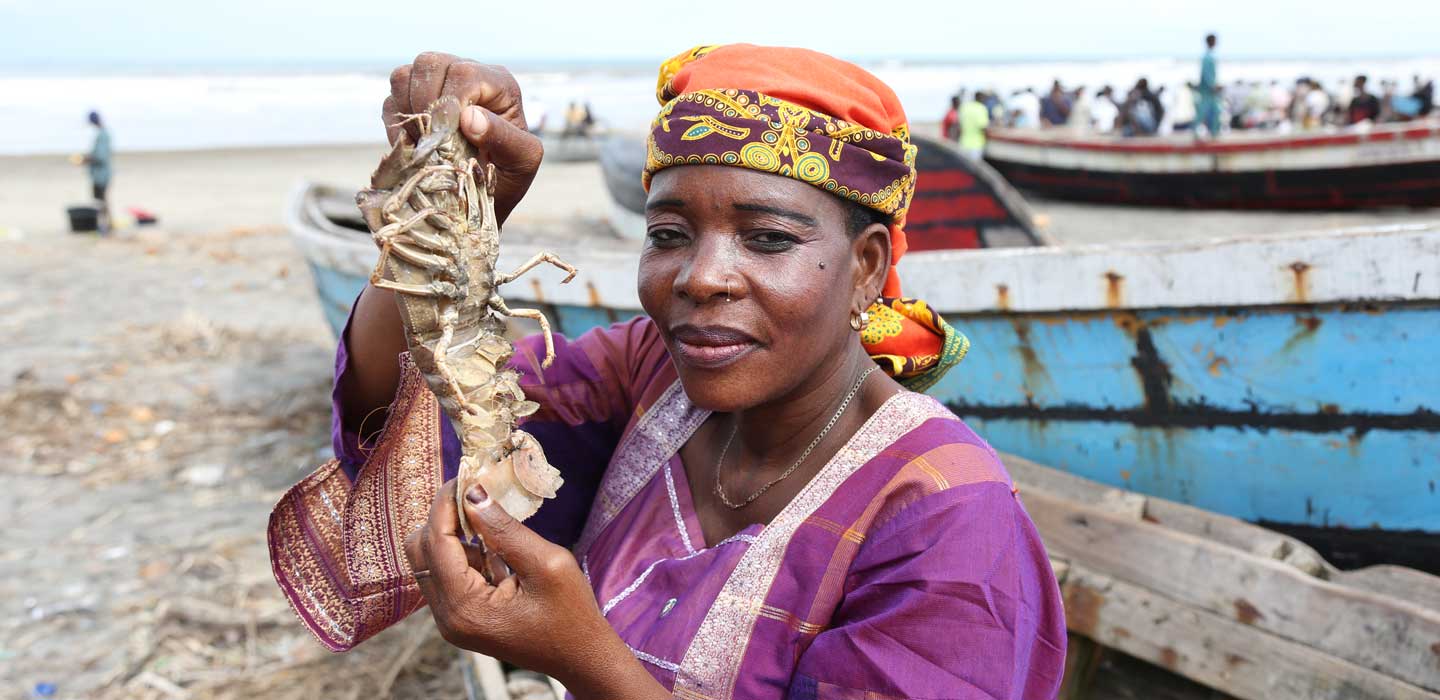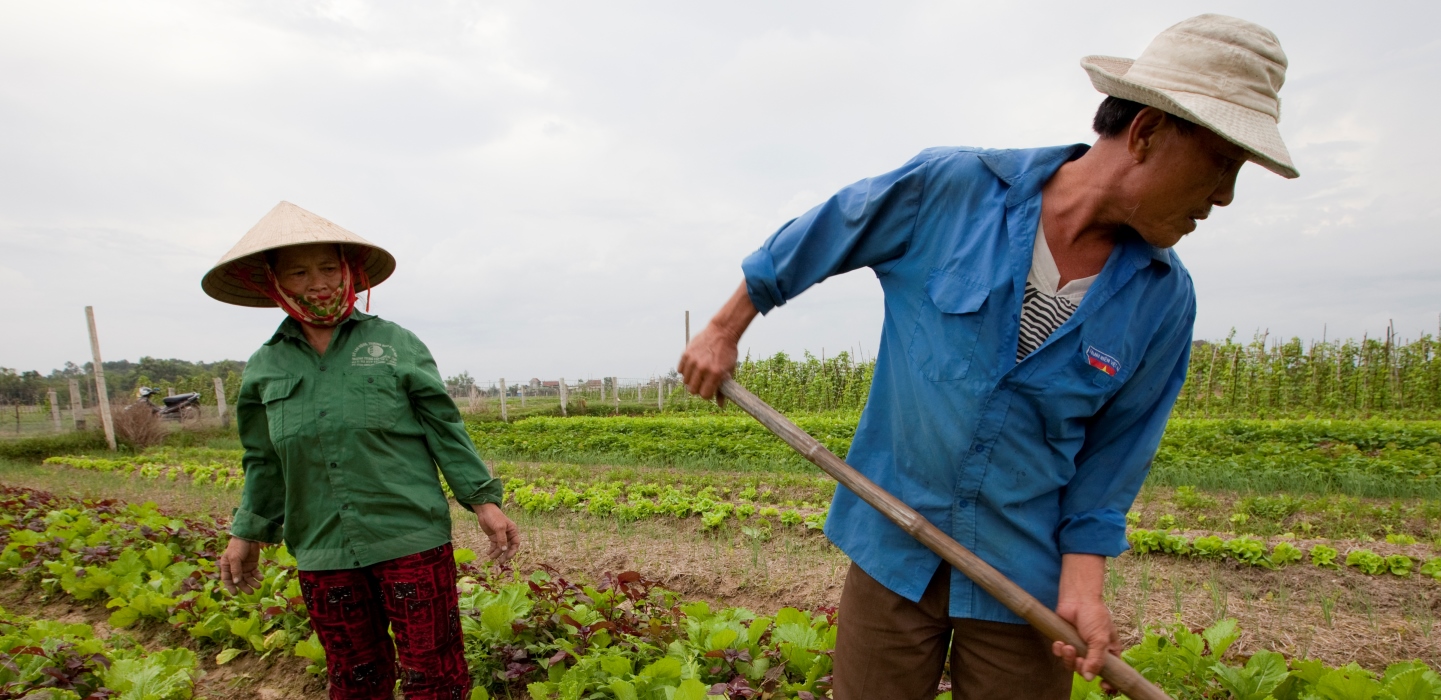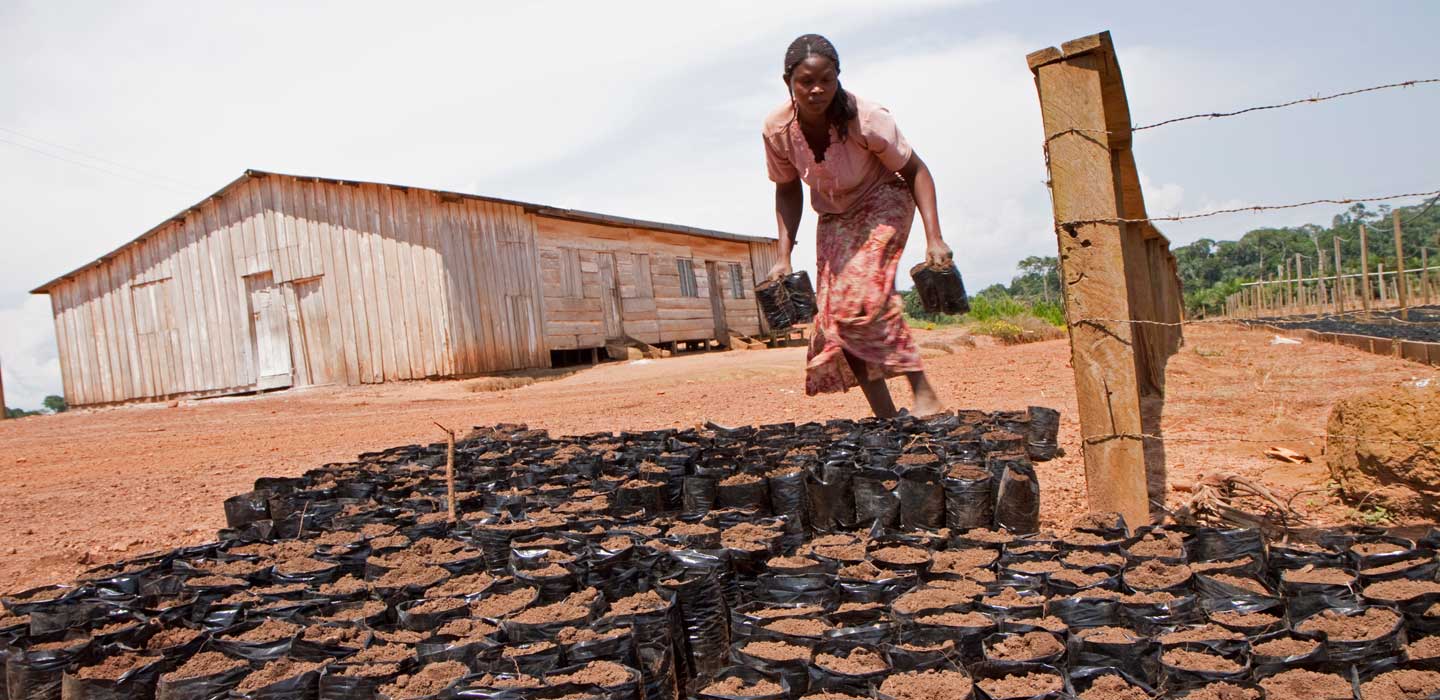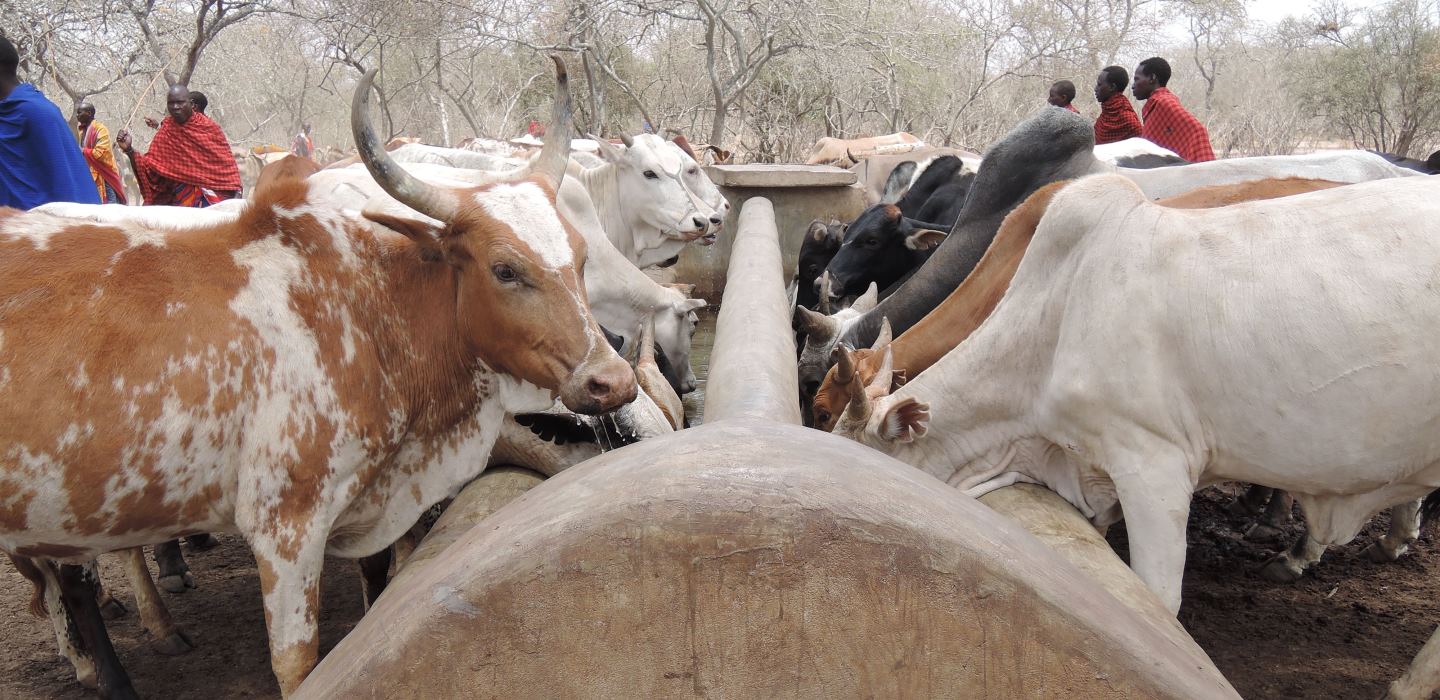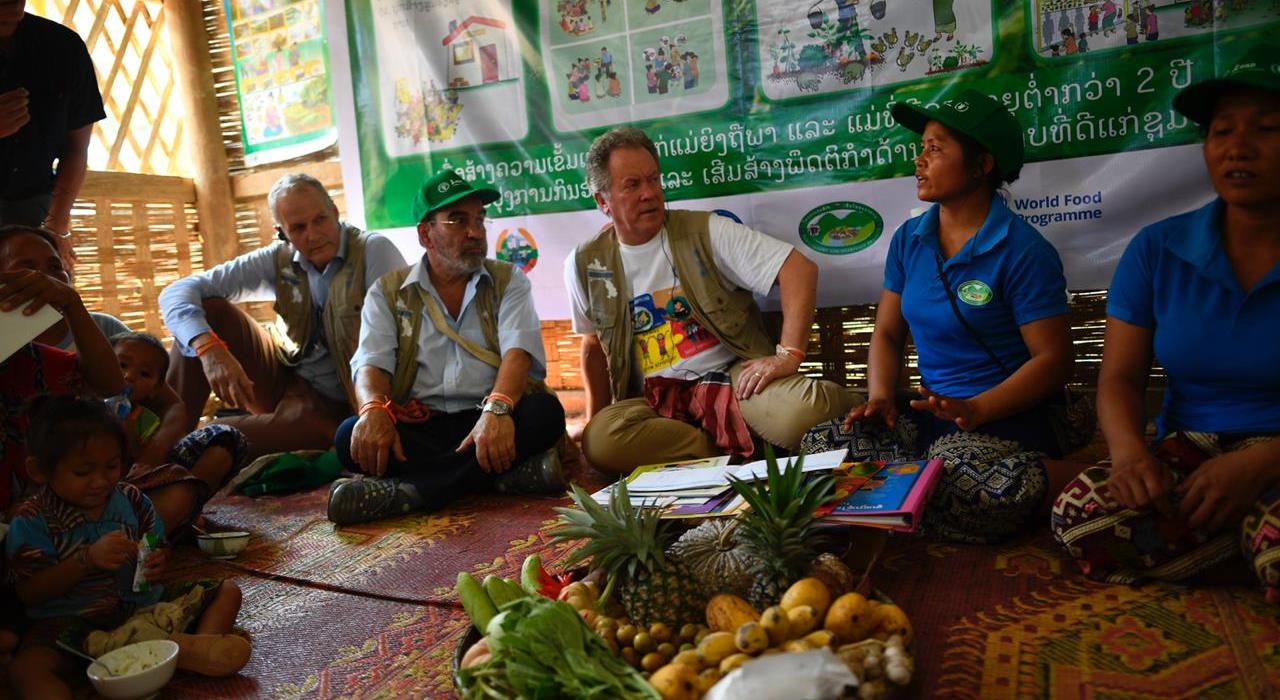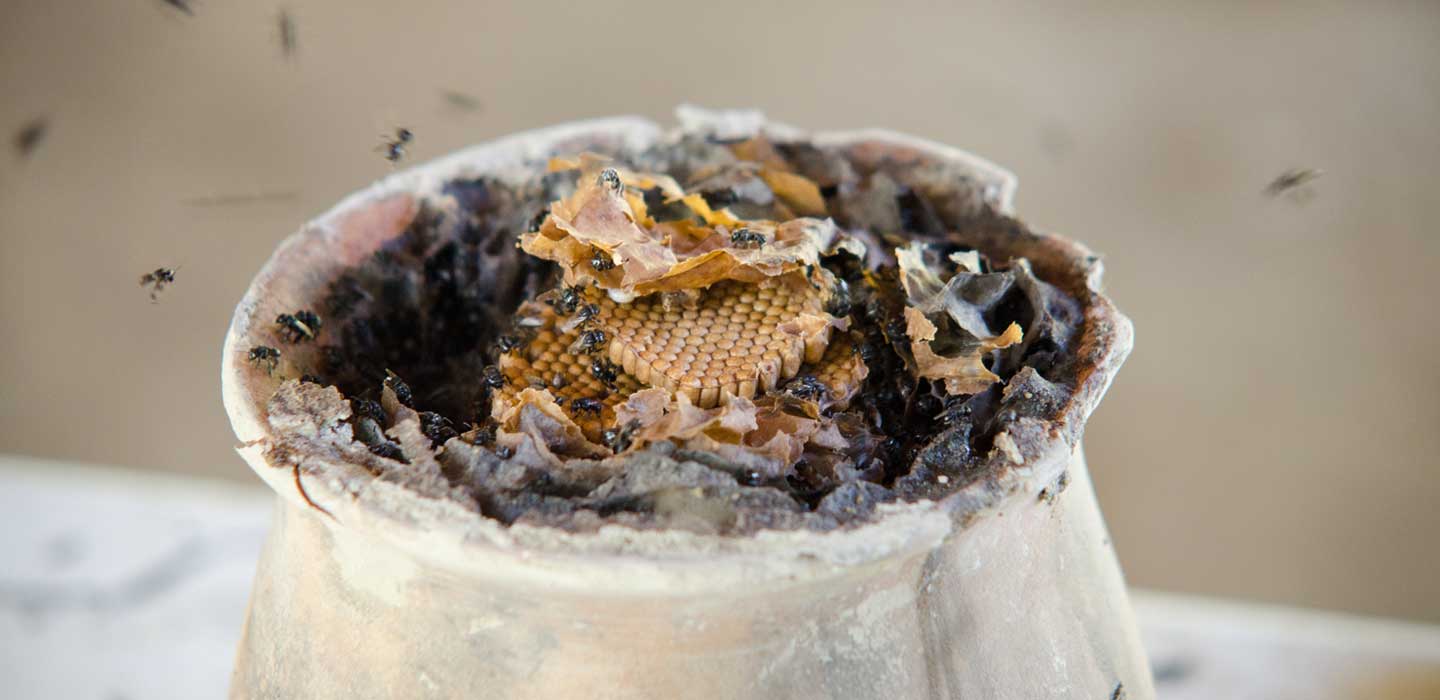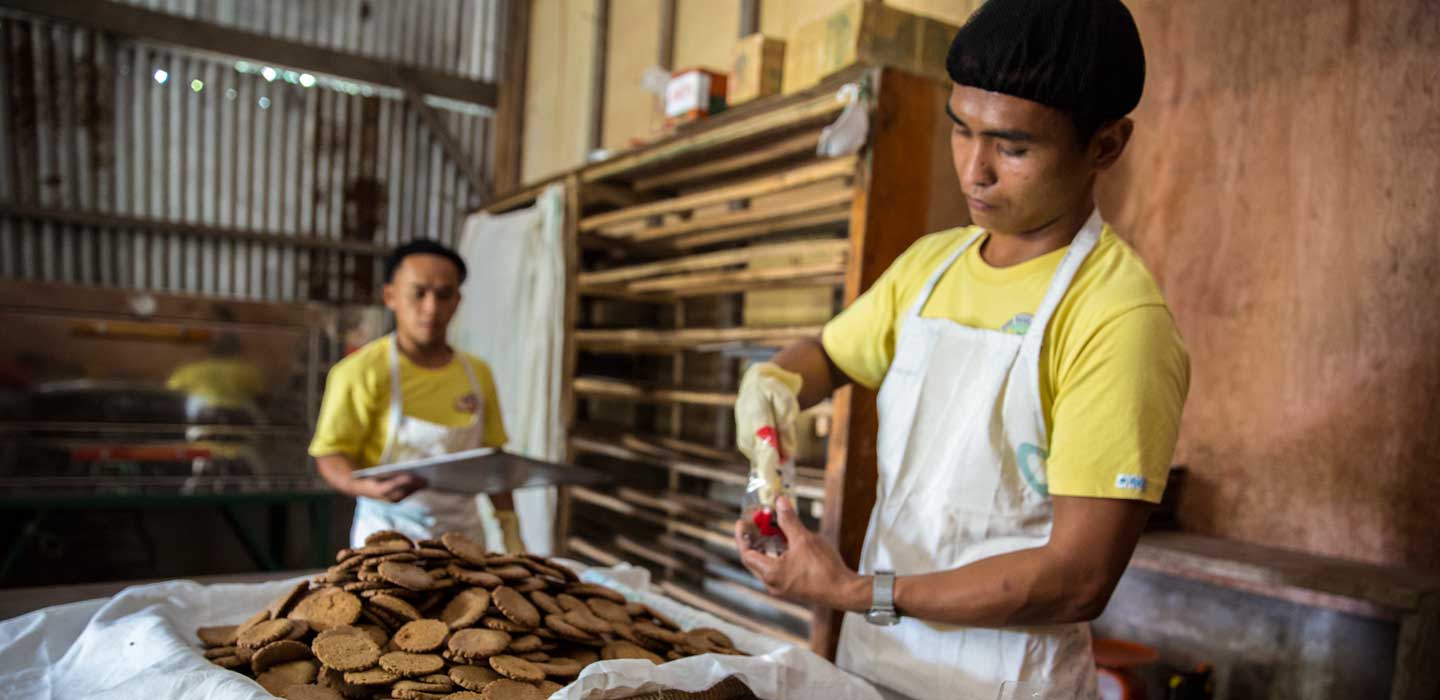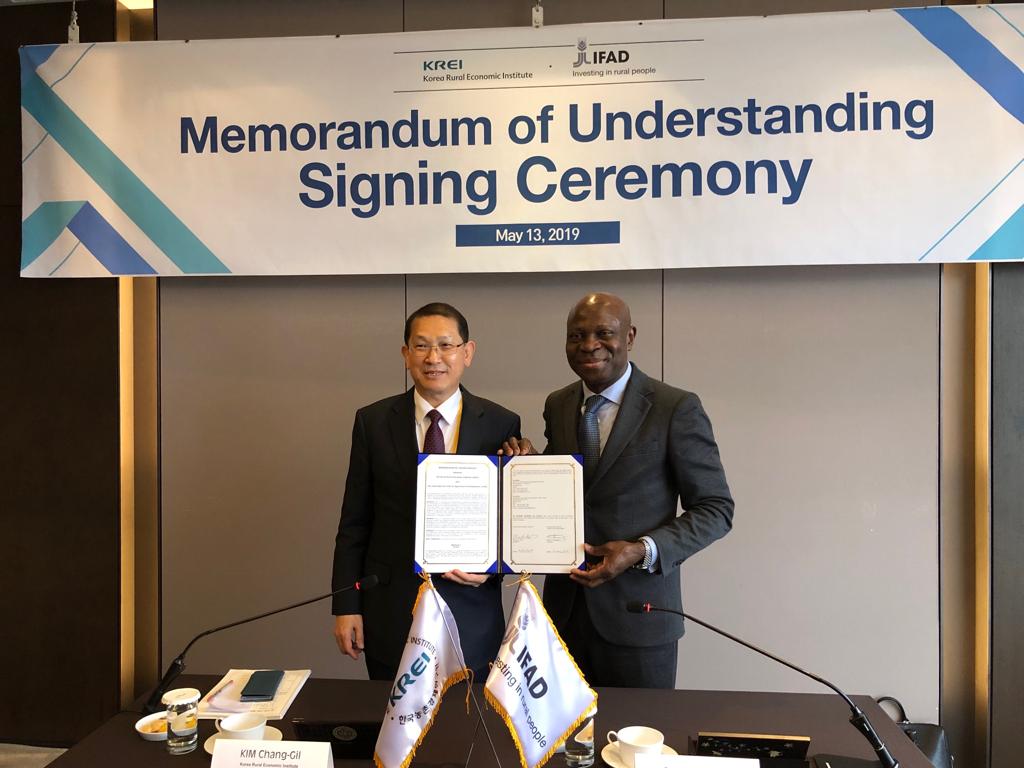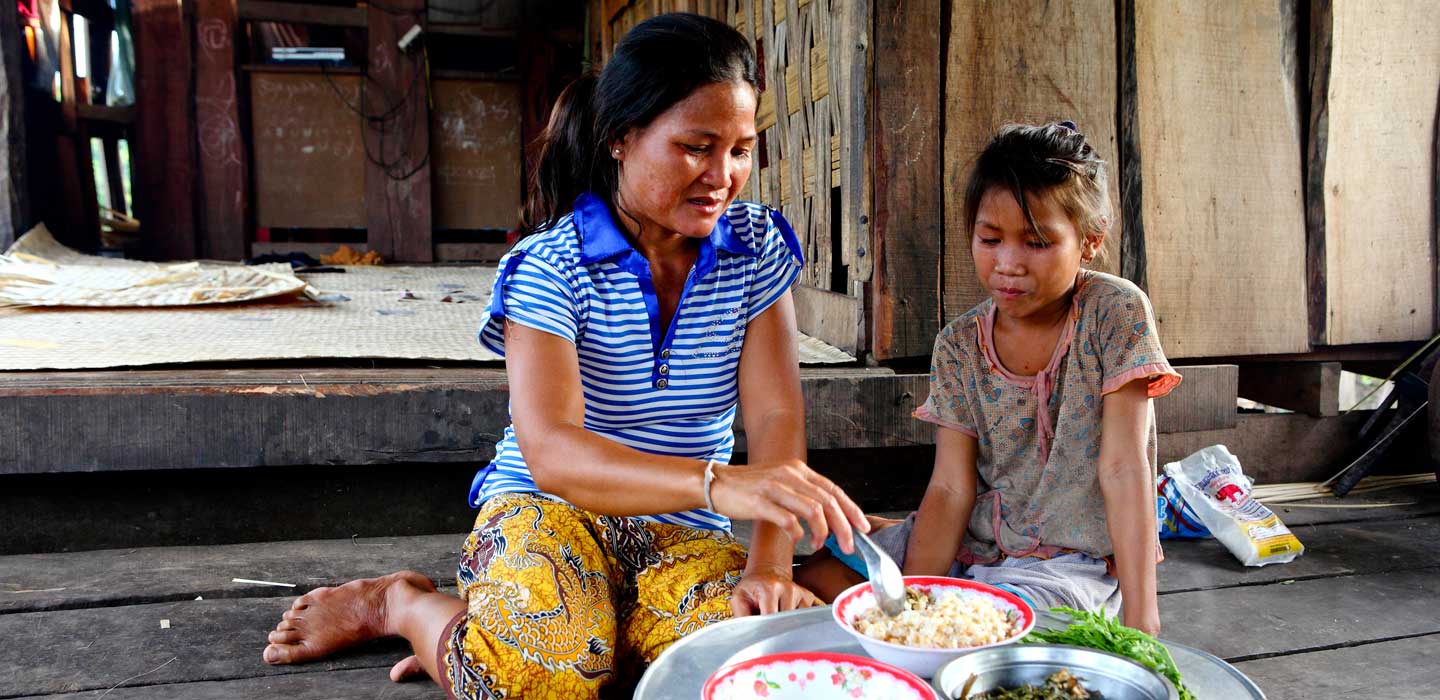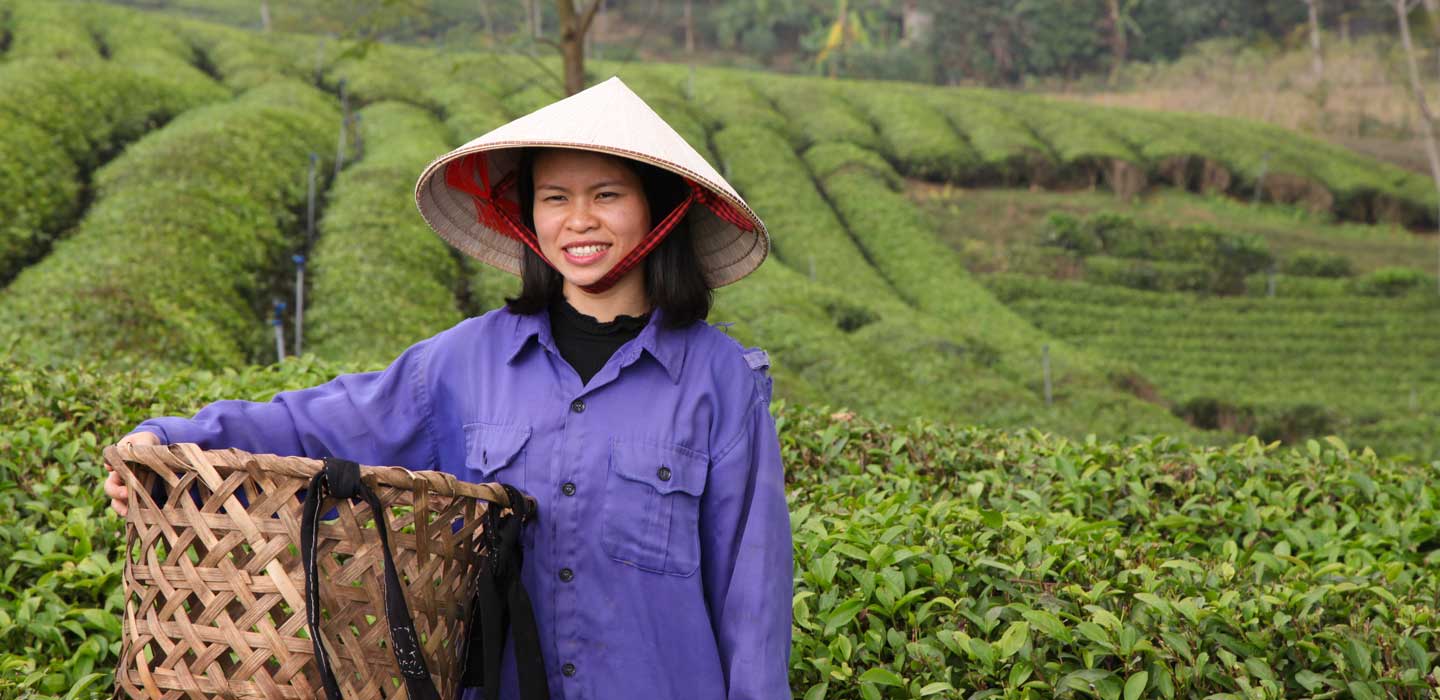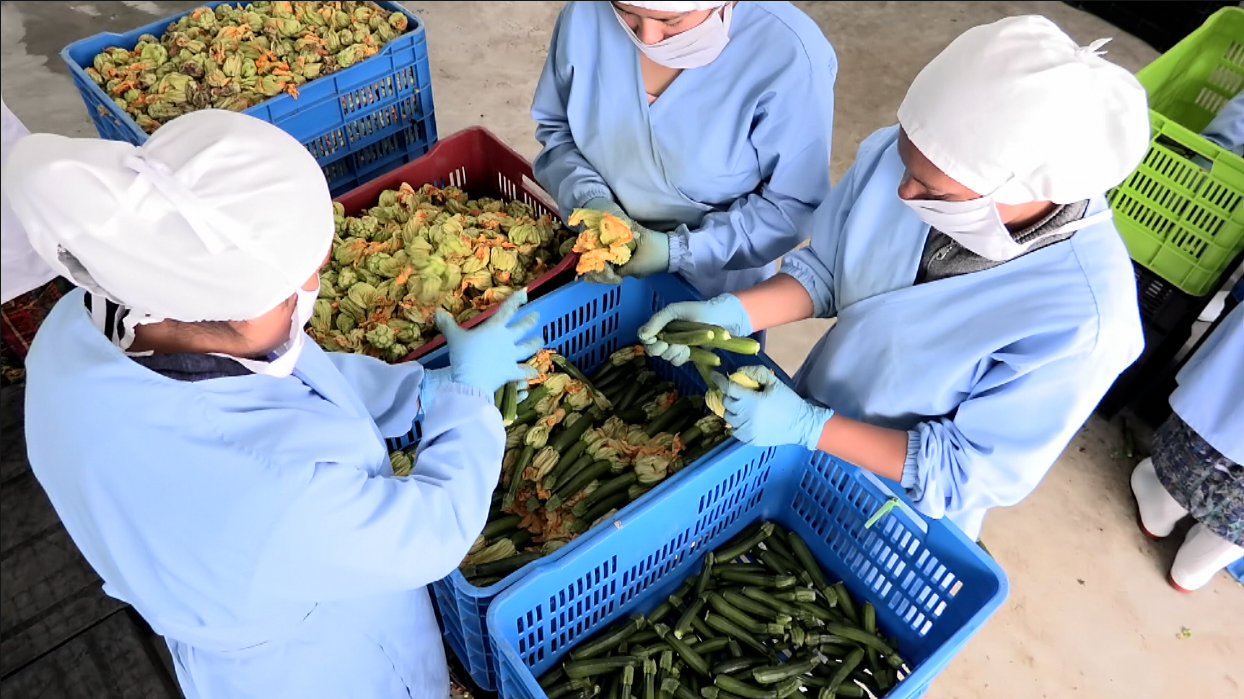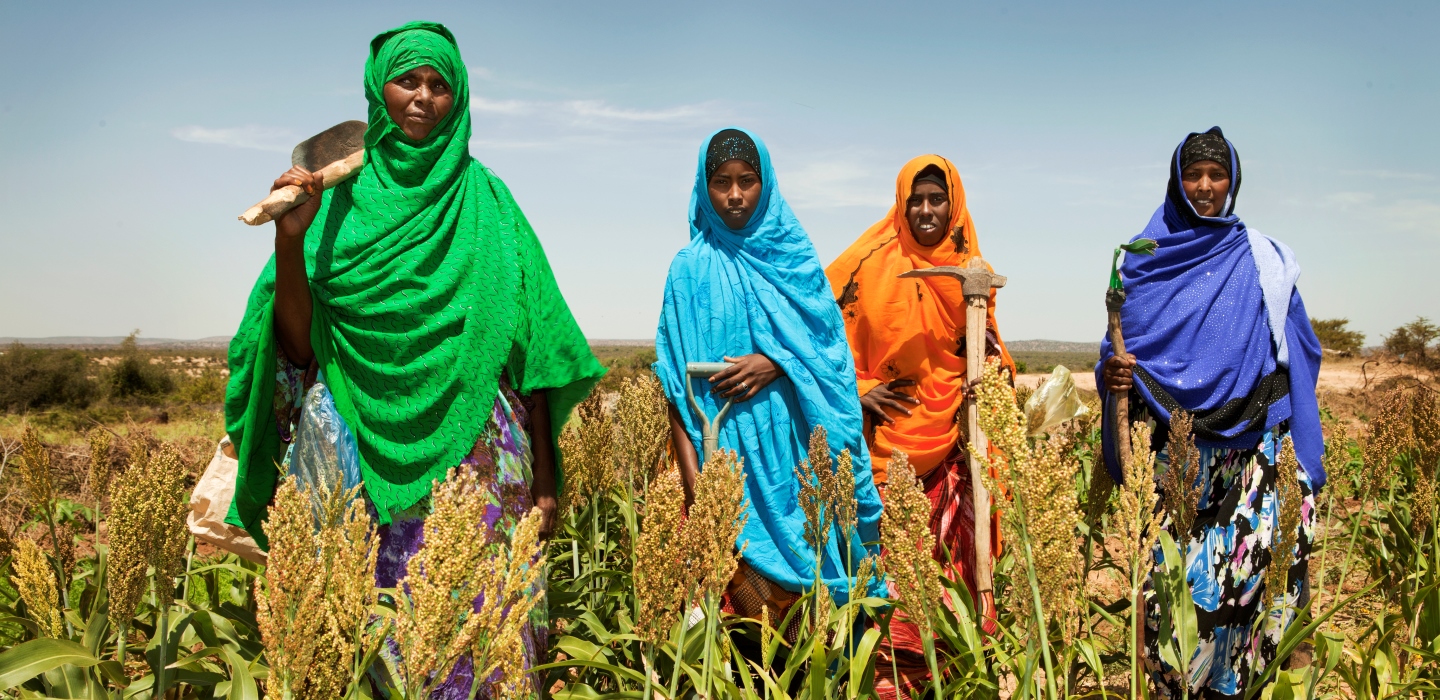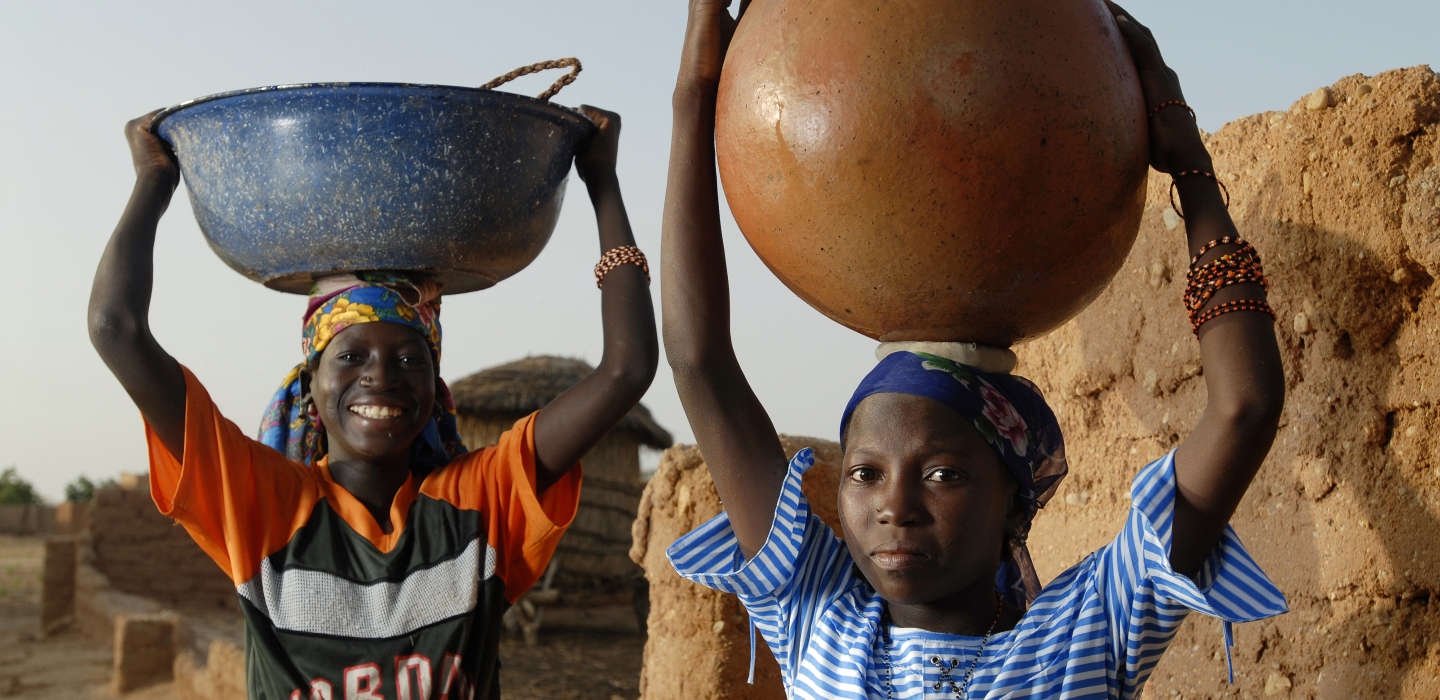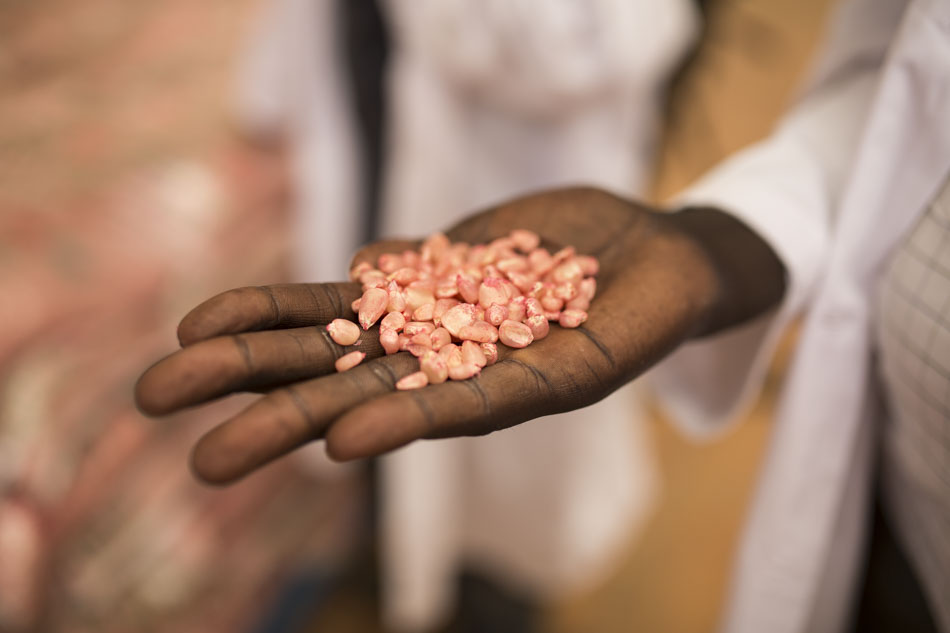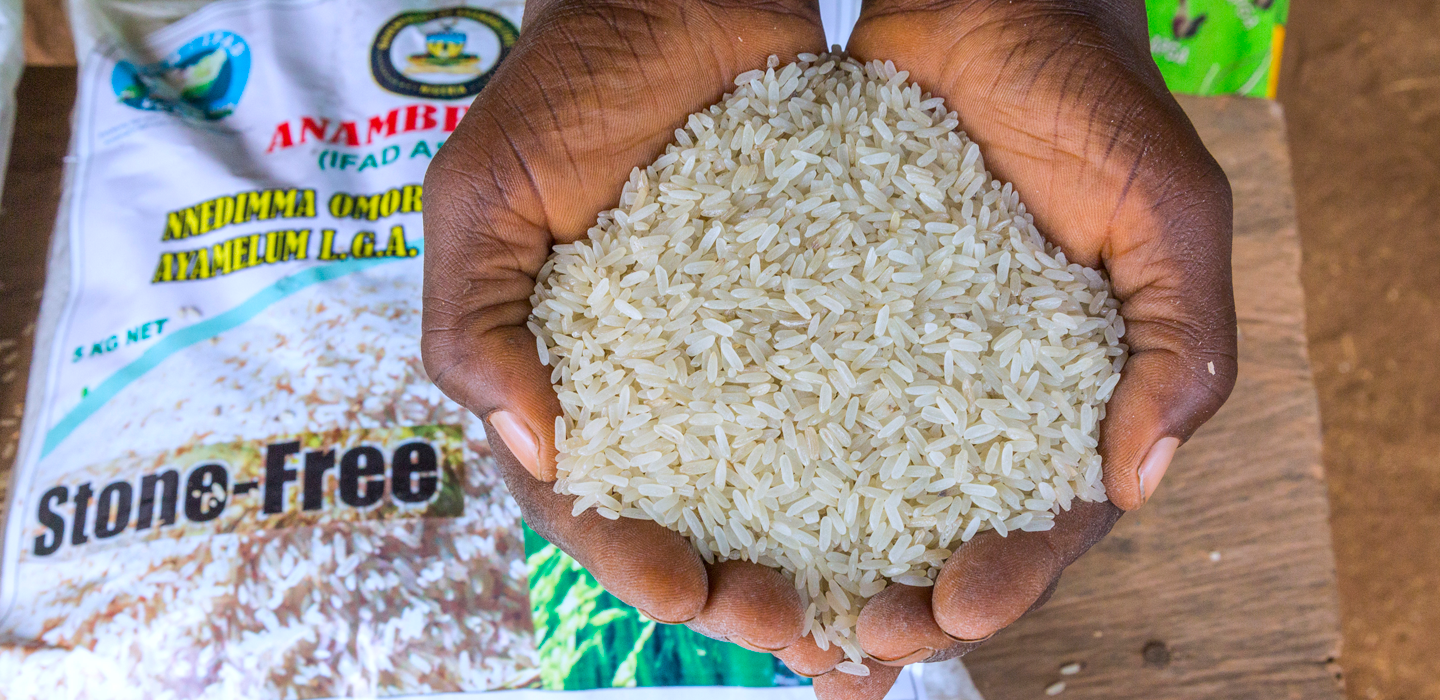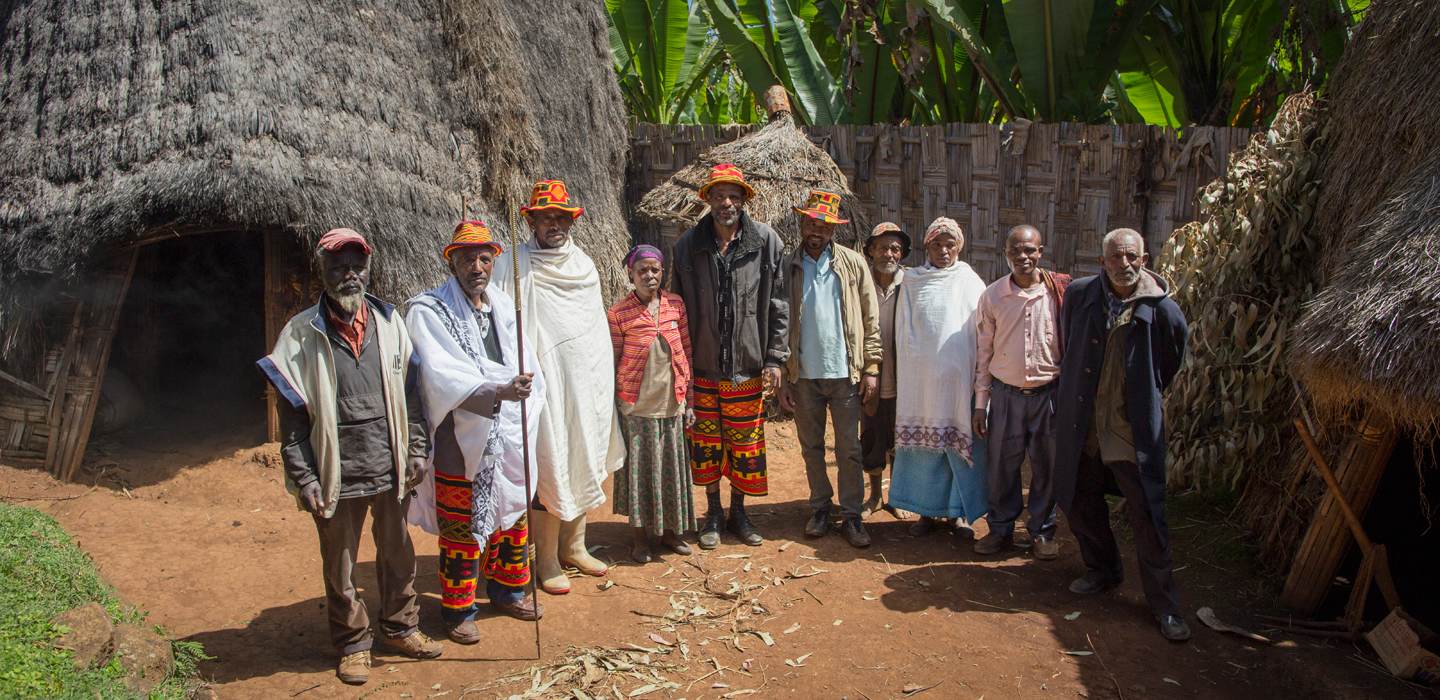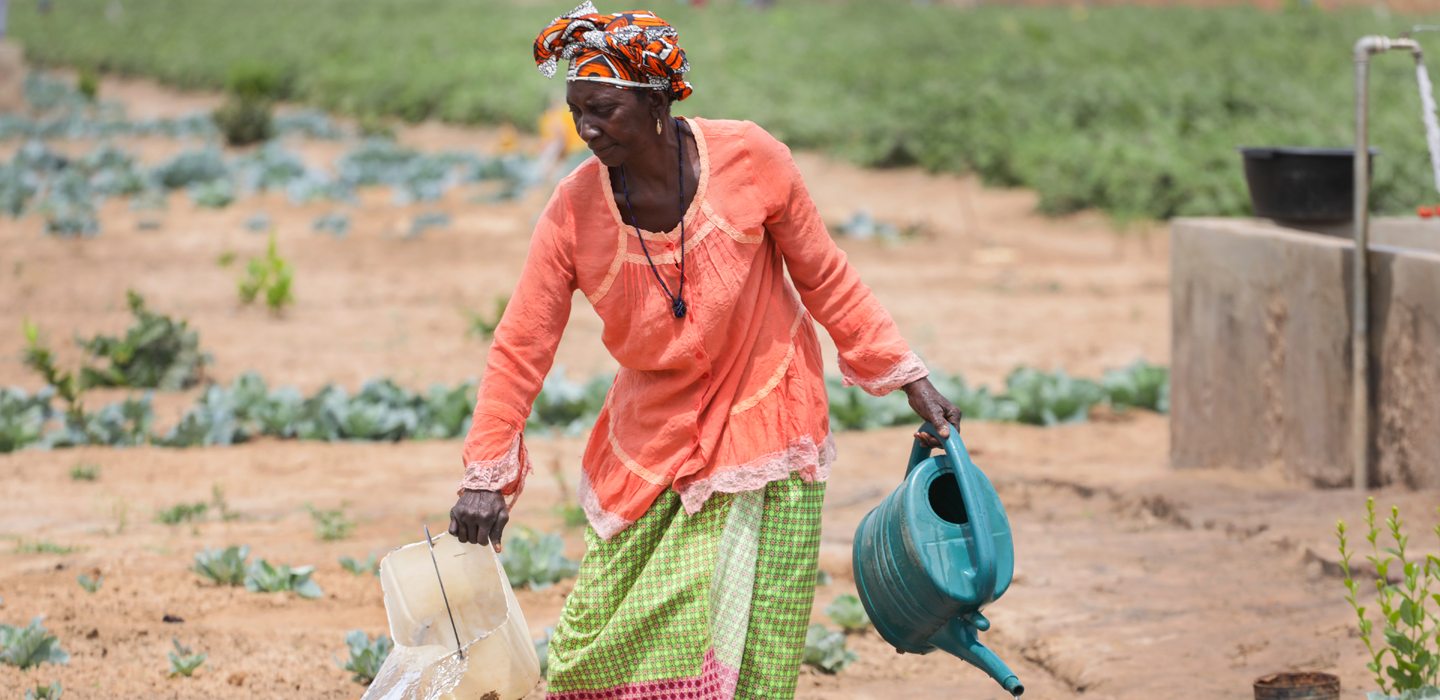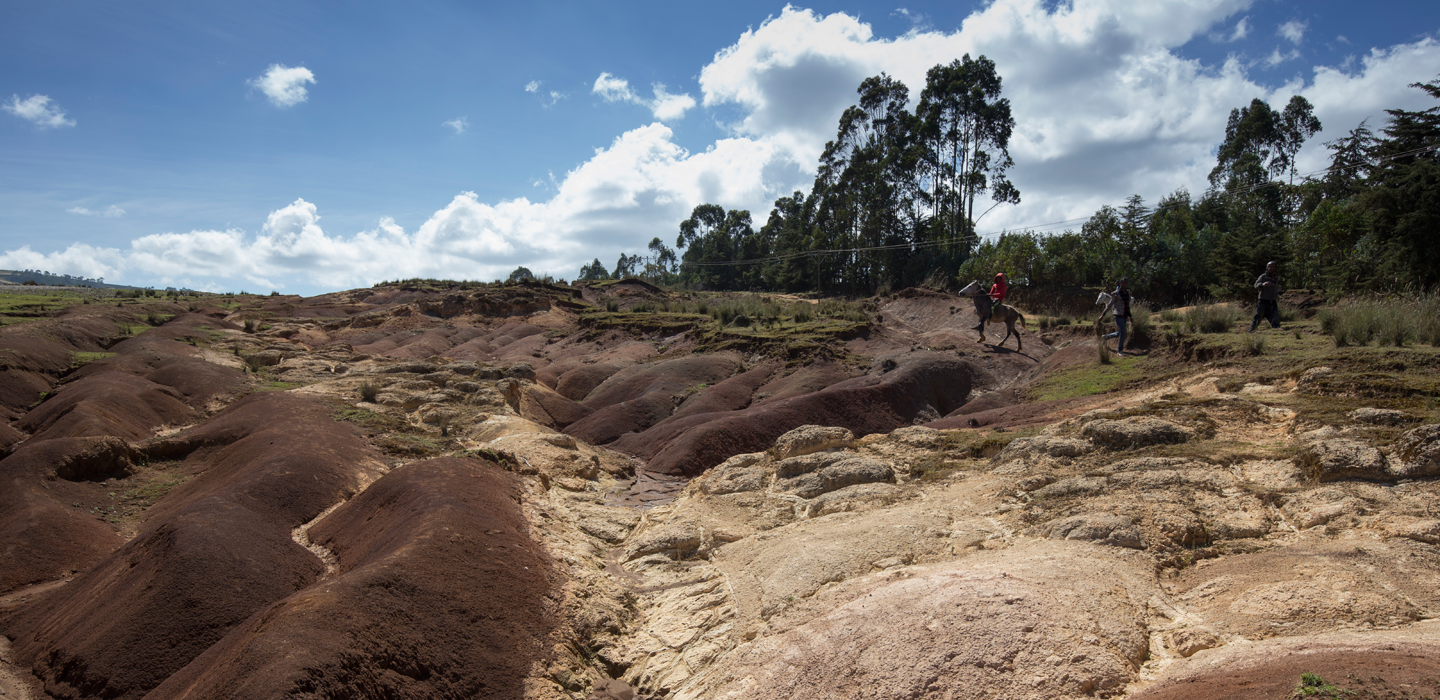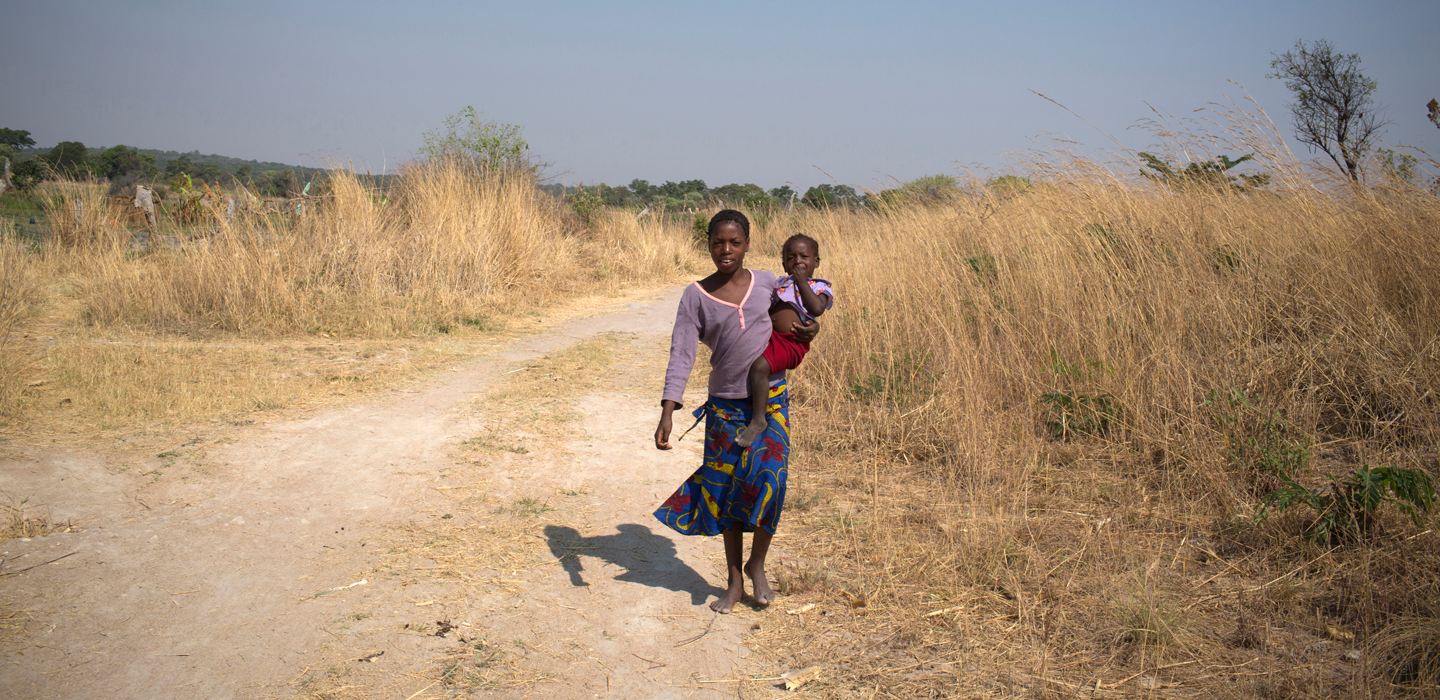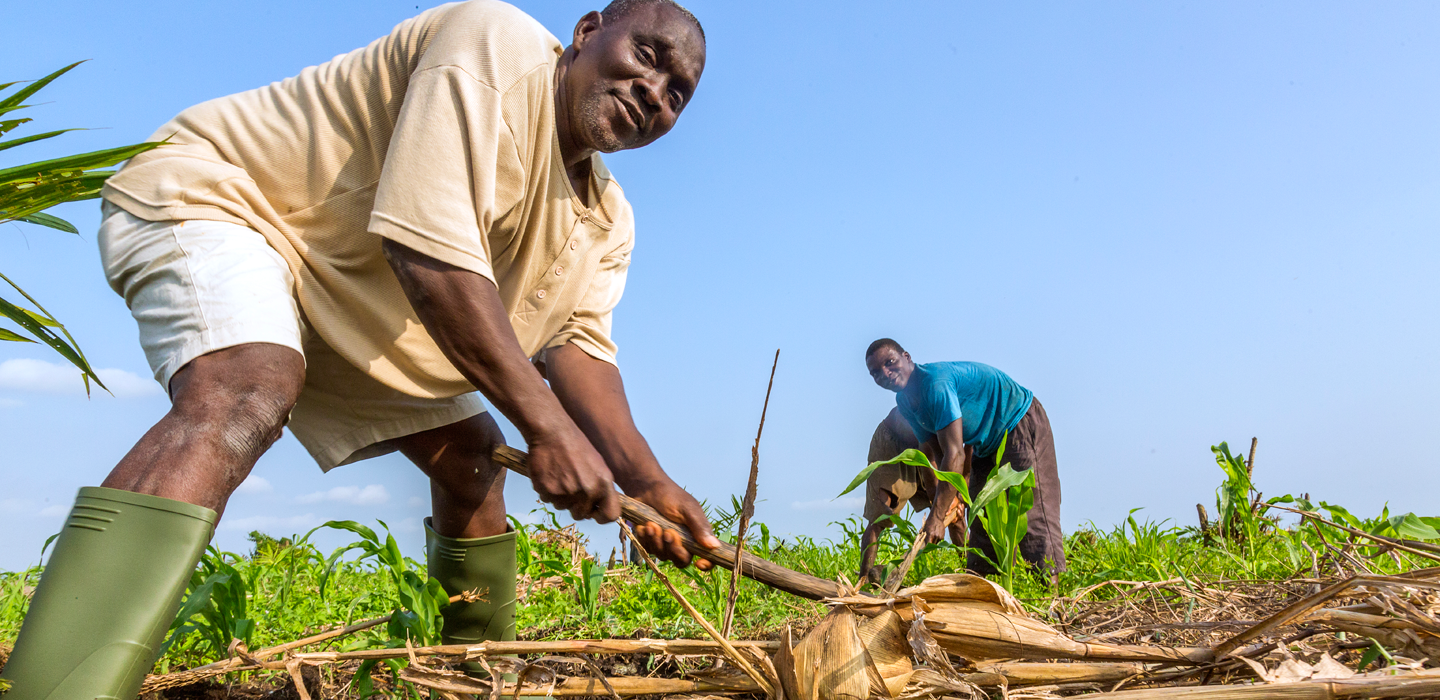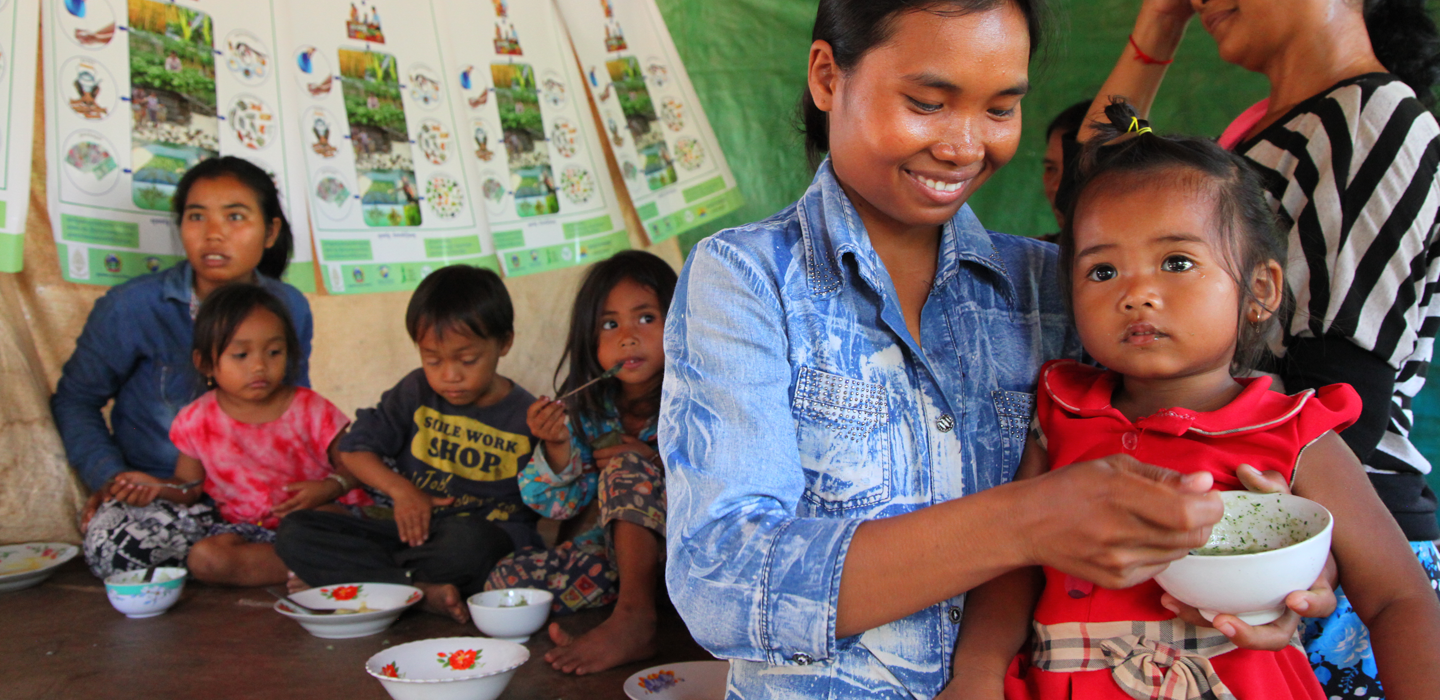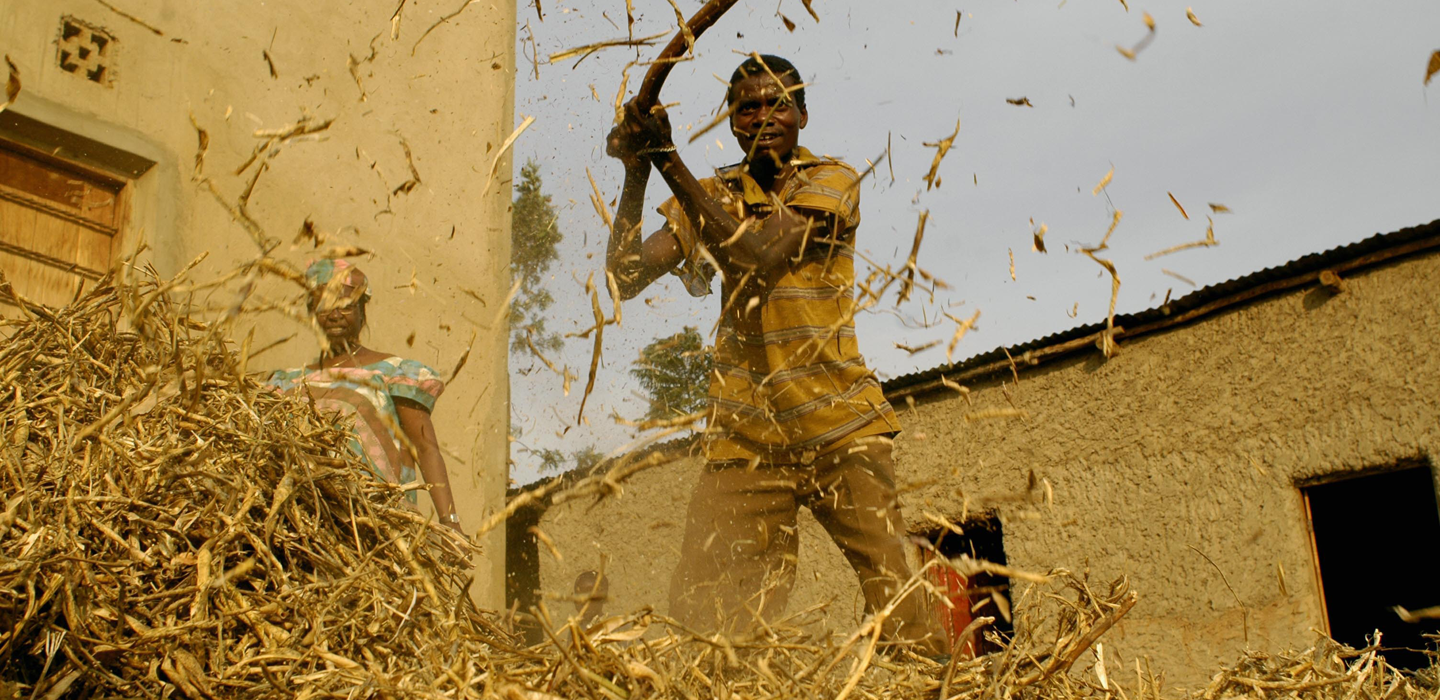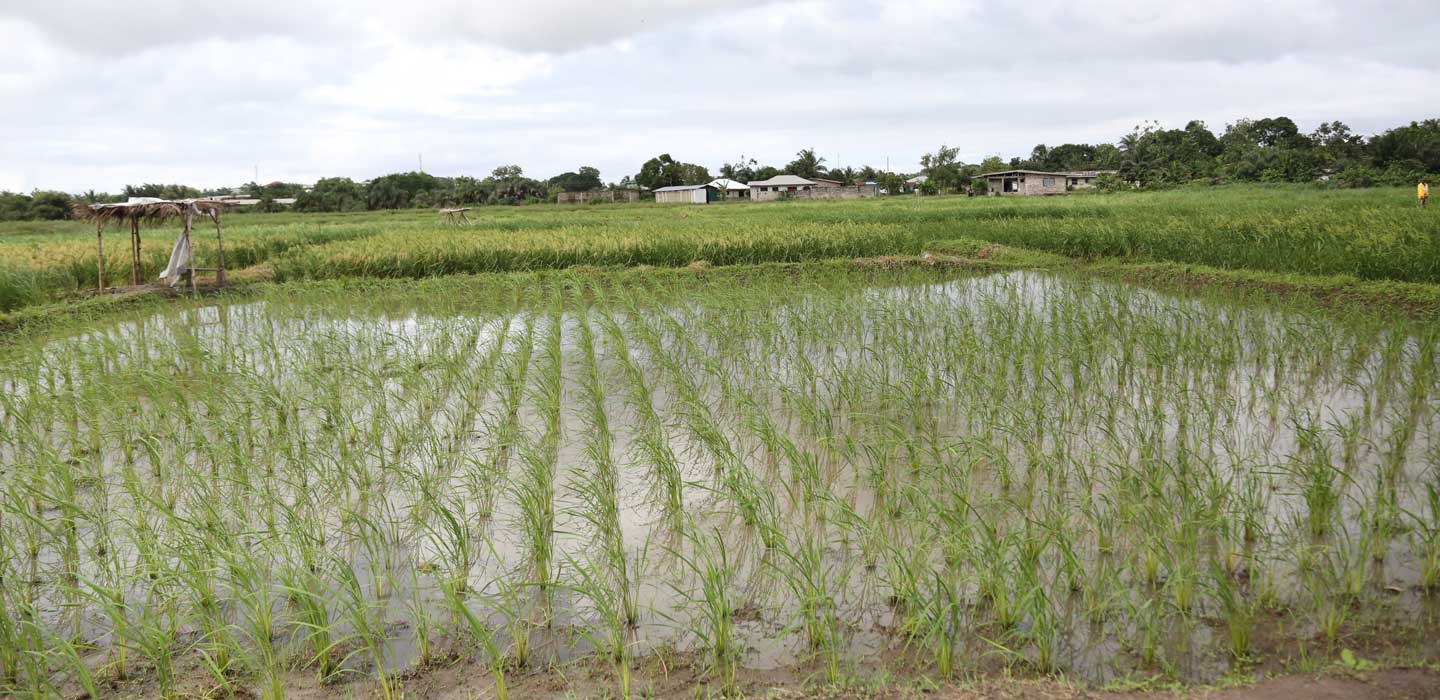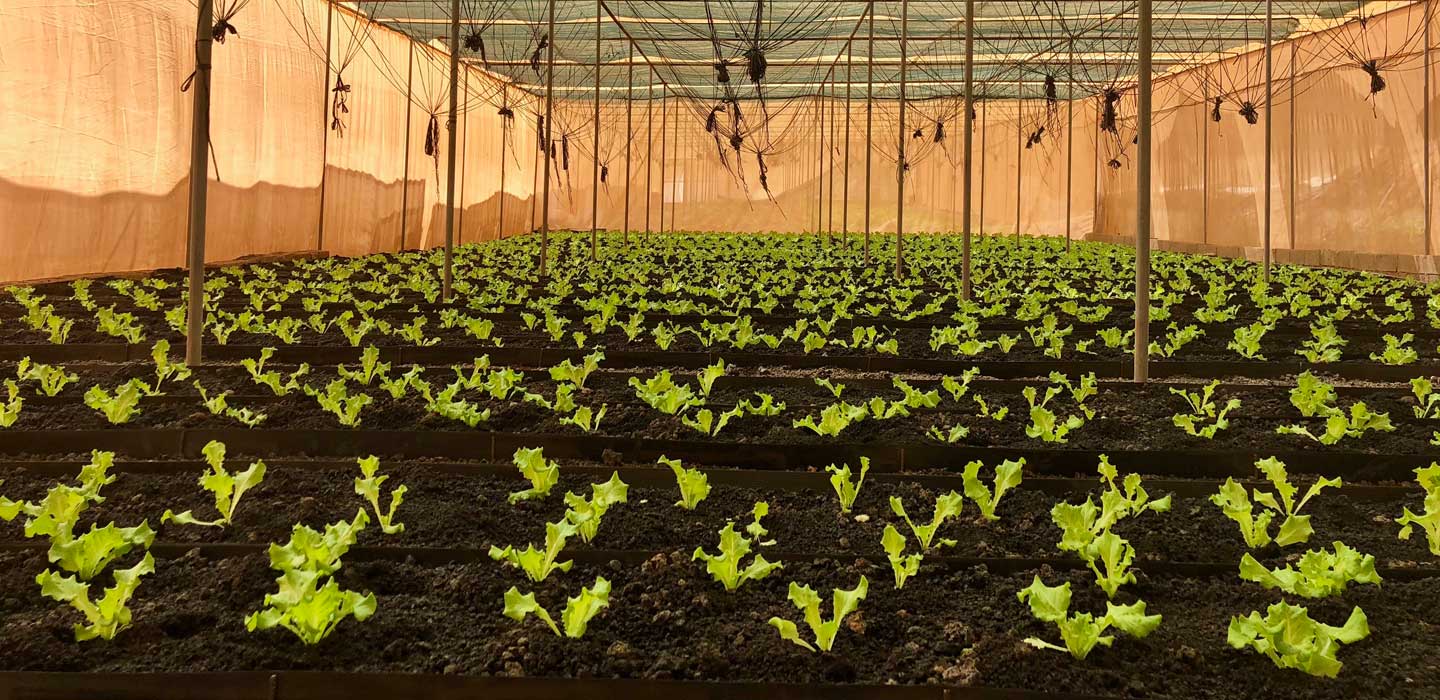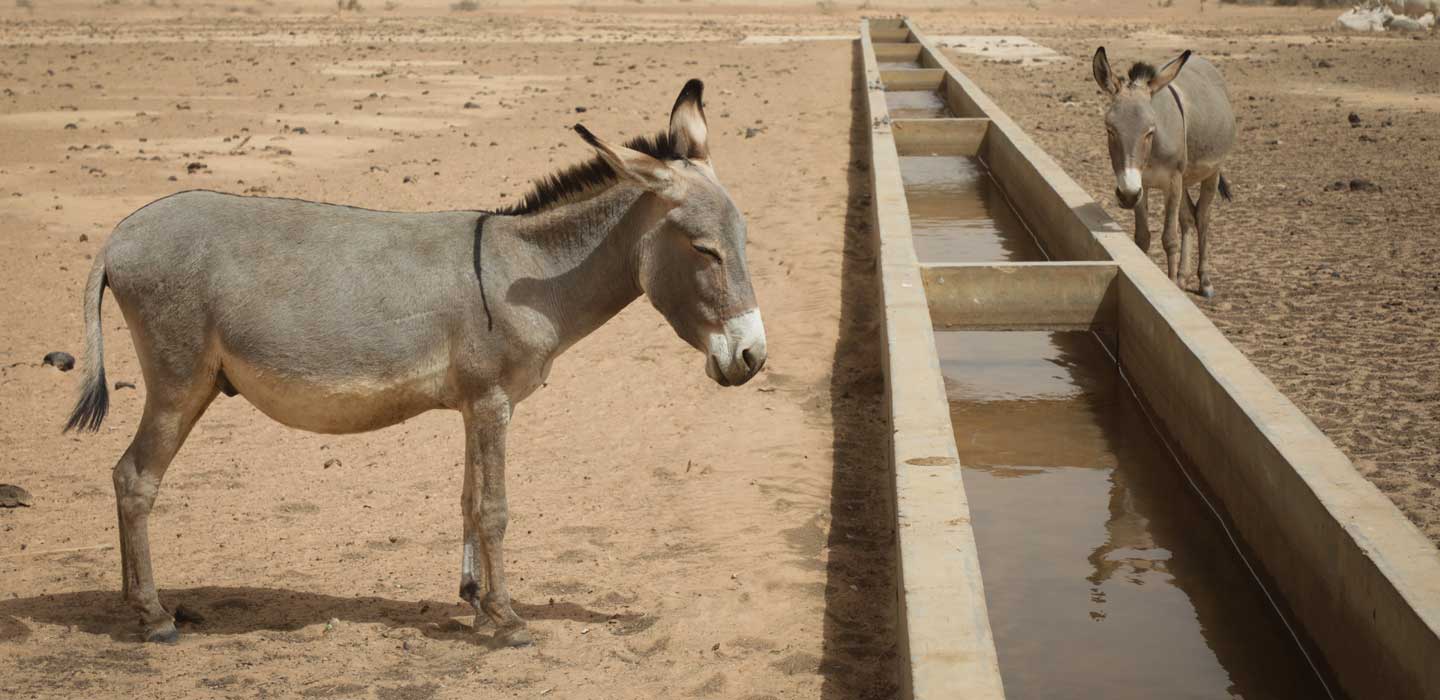Latest
Latest

Latest
Manual Submenu Topics
SearchResultsFilters
Search Results
Rwanda and IFAD partner to reduce poverty in drought-prone areas
About 7,167 poor and food insecure rural households in Rwanda will benefit from a new US$24.7 million project that aims to improve food and nutrition security, climate resilience and raise incomes by increasing production.
New IFAD report highlights challenges facing growing population of rural youth in the world's poorest countries
About 500 million young people live in the rural areas of developing countries, representing about half of the youth of these countries. Rural young people are exposed to poverty and lack employment opportunities and access to land, services, technologies and training.
Opportunities, challenges and limitations of climate-smart agriculture - The case of Egypt
Climate-smart agriculture (CSA) aims to facilitate the evolution of agricultural systems in the face of a rapidly changing climate. IFAD's approach to promoting CSA for smallholders focuses on three core objectives.
Décentraliser pour mieux servir les petits producteurs du Sahel
Le FIDA, une institution spécialisée du système des Nations Unies, procédera à l’ouverture officielle de son Bureau sous régional, Afrique de l'Ouest, le 25 juin 2019 à Dakar, capitale du Sénégal.
New policies and investments urgently needed in support of rural youth in poorest countries, says a new UN report
Effective policies and investments are urgently needed if the world's poorest countries are to offer a future to hundreds of millions of marginalized young people living in rural areas, according to a new report released today by the United Nations' International Fund for Agricultural Development (IFAD).
UN report outlines prospects for rural youth in some of the world's poorest countries.
Nearly 1 billion of the world’s 1.2 billion youth live in developing countries and half of them in rural areas where they are most often poor, lack economic opportunities and face constraints to access land, services, technology and training.
Call for proposals: Grant to implement Capacity Building Programme
This Call for Proposals is intended to identify the recipient of a three year grant financed by The International Fund for Agricultural Development (IFAD) for a total amount of up to US$ 3.0 Million to implement a Capacity Building Programme to improve financial management in selected IFAD-financed projects.
On International Day of Family Remittances, a reminder that 1 in 9 people globally are supported by funds sent home by migrant workers
Remittances from international migrant workers to their families are expected to rise to over US$550 billion in 2019, up some $20 billion from $529 billion last year, Gilbert F. Houngbo, President of the International Fund for Agricultural Development (IFAD), stated today.
Paxina Chileshe talks about climate adaptation
Paxina Chileshe, climate change specialist at IFAD, talks about climate adaptation and smallholder farmers.
Mawira Chitima talks about water
Mewira Chitima, water and infrastructure specialist at IFAD, talks about availability and access to water and rural infrastructure for resilience, market access and economic growth.
Massimo Giovanola talks about agricultural risk management
Massimo Giovanola, risk management specialist at IFAD, talks about IFAD's innovative and holistic approach to agricultural risk management.
Harold Liversage talks about land tenure
Harold Liversage, land tenure specialist at IFAD, talks about land and secured land rights for rural communities.
Antonio Rota talks about livestock
Antonio Rota, livestock specialist at IFAD, talks about how livestock is important to marginalised people living in rural areas.
Pedro de Vasconcelos talks about remittances
Pedro de Vasconcelos, remittances specialist at IFAD, talks about remittances and their impact on people living in rural areas.
Joyce Njoro talks about nutrition
Joyce Njoro, nutrition specialist at IFAD, talks about the chronic impact of malnutrition and undernutrition.
Is China getting greener?
China is the world's largest greenhouse gases (GHG) emitter, yet it is also the world's leading country in energy production from renewable sources.
CARD: Assessing data for climate-friendly action in rural contexts
Datasets on crop production increasingly need to take climate change into consideration, given its potentially profound repercussions for agriculture.
'Don't forget the role women play in feeding the world' - UN Leader to speak at Women Deliver 2019 Global Conference
Equality for women can be a cornerstone in building a world without hunger and poverty, according to experts from IFAD attending Women Deliver 2019, but only if it is extended to the 1.7 billion women and girls who live in some of the world poorest rural areas.
‘Make your moves matter’- UN rural poverty agency launches dance challenge on TikTok to empower rural youth to fight rising hunger
IFAD is launching an innovative global dance challenge, asking young people to make their moves matter and record a 15-second dance video in support of creating opportunities for rural youth in some of the world's poorest countries.
Launch of the UN’s Decade of Family Farming to unleash family farmers’ full potential
The Food and Agriculture Organization (FAO) and the International Fund for Agricultural Development (IFAD) today launched the United Nations’ Decade of Family Farming and a Global Action Plan to boost support for family farmers, particularly those in developing countries.
From low to high: Increasing productivity and purchasing power in Kenya
There are more than 7.5 million smallholder farmers in Kenya, accounting for about 75 per cent of the country's total agricultural output.
Forging tools to catalyse food production in Senegal
In 1992, Khadim Thiam established a tiny workshop in Tambacounda, Senegal, to produce agricultural equipment, such as hoes, seed drills, ploughs and animal-traction carts.
Investing in the blue economy to accelerate sustainable development in Africa
The President of IFAD, Gilbert F. Houngbo, will be in Maputo, Mozambique for the Growing Blue Conference where he will speak to the need for greater investment in sustainable development for rural people whose livelihoods depend on aquatic resources including small-scale fisheries, aquaculture and coastal environments.
UN Agency Deputy Head to visit Viet Nam to strengthen 25-year rural development partnership
Donal Brown, Associate Vice-President of the International Fund for Agricultural Development (IFAD) is visiting the Socialist Republic of Viet Nam this week to review progress made together to improve lives and reduce poverty in rural areas.
Uganda Yield Fund: early lessons from IFAD's first private sector investment fund
In 2017, IFAD took its first plunge into the private sector investment space by launching the Uganda Yield Fund in partnership with the European Union.
Tanzania and IFAD strengthen partnership for reducing rural poverty
The President of the IFAD, Gilbert F. Houngbo, will travel to the United Republic of Tanzania and meet President John Pombe Joseph Magufuli and other high-ranking officials to discuss investments to improve food and nutrition security, provide employment opportunities for rural youth and reduce poverty.
Healthy diets vital for progress in Lao PDR, say UN food agencies FAO, IFAD and WFP conclude three-day visit to see nutrition programmes
The heads of the Food and Agriculture Organization of the United Nations (FAO) and the World Food Programme (WFP) today concluded a joint visit to the Lao People's Democratic Republic (Lao PDR) with a call for greater investment in nutrition.
World Bee Day - High-altitude honey
In the Sierra Norte mountain range in Mexico lives a special breed of bee. Known locally as pisilnekmej, the Scaptotrigona Mexicana is a member of the family native to the American continent whose distinctive trait is that they have no sting.
IFAD and the Philippines to invest $95.1 million in agribusiness development to increase incomes and reduce rural poverty
The International Fund for Agricultural Development (IFAD) has signed a financing agreement with the Government of the Philippines to reduce poverty and increase incomes for 469,200 rural people in 20 of the poorest provinces in Mindanao and Eastern Visayas regions.
IFAD and Republic of Korea sign new agreement to help poor rural communities around the world prosper
The International Fund for Agricultural Development (IFAD) and the Korea Rural Economic Institute (KREI) signed an agreement today to strengthen their collaborative efforts to end hunger and poverty in developing countries around the world.
UN food agencies to visit Lao PDR to support efforts to boost nutrition
The Director-General of the Food and Agriculture Organization of the United Nations (FAO) and the Executive Director of the World Food Programme (WFP), with a representative from the International Fund for Agricultural Development (IFAD), will visit the Lao People's Democratic Republic from 14-16 May 2019 to raise greater awareness about the importance of integrated food systems to improve food and nutrition security, and to see first-hand the agencies’ collaborative programmes in action.
UN food agencies step up joint efforts to tackle rural gender inequalities
Three United Nations agencies today launched a new European Union-supported global initiative to address the root causes of rural gender inequalities and thus strengthen efforts to end hunger, achieve food security and improved nutrition and promote sustainable agriculture.
Guatemala: Leveling the playing field
A group of courageous Guatemalan women set off in 2010 to form their own farming cooperative, "4Pinos" after facing discrimination in the men's cooperative.
Achieving gender equality is a precondition for the eradication of poverty
Whether paid or unpaid, women undertake a wide range of tasks in rural contexts and this contribution to rural economies is often undervalued.
Call for nominations for the external chair of the Consultation on the Twelfth Replenishment of IFAD's Resources
IFAD is seeking an external chair to oversee the IFAD12 Consultation and support the achievement of a positive outcome for IFAD, its Member States and – above all – the 2.5 billion people in developing countries whose livelihoods directly or indirectly depend on farming.
The capital difference: Expanding horticulture in Rwanda
Including smallholder farmers in Rwanda in the production and export of cash crops is vital to increasing their incomes and ultimately to reducing rural poverty.
The impact of a value chain approach in Nigeria
The IFAD-funded Value Chain Development Programme in Nigeria assists cassava and rice smallholder farmers through a value chain approach to enhance productivity, promote agro-processing and increased access to markets. The programme aims to transform the agricultural sector of rural Nigeria by achieving food security, increasing incomes and creating new employment opportunities.
Key findings of the MOPAN assessment of IFAD
The Multilateral Organisation Performance Assessment Network (MOPAN) comprises 18 countries that share a common interest in assessing the effectiveness of the major multilateral organisations they fund.
Recommended books on Indigenous Peoples
The United Nations Permanent Forum on Indigenous Issues (UNPFII) will be held on 22 April to 3 May in New York. Here is our shortlist of books on the diverse issues affecting Indigenous Peoples around the world that will be discussed at the Forum.
Community gardens in the Gambia: one solution, many benefits
Anyone who stops by Berefet notices how local people cherish the community garden in this small village in the western Gambia.
The value of indigenous tree species in Ethiopia
In the Chencha region of southern Ethiopia, erosion continues to be a pressing concern for the Gamo people, one of the main indigenous tribes of Ethiopia. The Gamo people live in the highland area and primarily practice mixed agriculture and weaving.
Why women are key to better nutrition and global poverty eradication
Adolescence is the transition period between childhood and adulthood – the perfect opportunity to improve nutrition and correct poor nutritional practices.
A tool to make rural investments more resilient
Climate change has made crop production more unpredictable – if rainfall helped this harvest, an unexpected drought could destroy the next. So how can one decide to invest in millet in Chad's Kanem region or if it's too risky put money in wheat in Lesotho's Thaba-Tseka?
How improved nutrition can save the world - with Italian celebrity chef Cristina Bowerman and RAI TV presenter Luca Rosini
Why women are key to better nutrition and global poverty eradication – an event organised by the International Fund for Agricultural Development (IFAD) at the Perugia International Journalism Festival
Rwanda: Reducing food loss in a changing climate
Farmers in Rwanda can lose around 30 per cent of their harvests before they even reach the market, due to a lack of adequate means to dry, store and transport the crops.
Transforming innovative ideas into sustainable agriculture in West and Central Africa
Ideas are the lifeblood of innovation. To accelerate rural transformation while tackling rural poverty, food insecurity, nutrition, job creation and climate change, innovative ideas are needed.
Liberia and IFAD partner to improve smallholder farmers’ incomes and climate resilience
About 10,000 cocoa smallholder producers in Liberia will benefit from a new US$47.6 million project that aims to improve their food and nutrition security and raise their incomes by modernizing cocoa farming, increasing production and developing markets.
Cabo Verde, islands at the forefront of climate-resilient development
This week I had the chance to witness the impressive resilience and creativity of people working to improve agriculture in Cabo Verde.
How increased access to water shortens the path towards sustainable development in the Sahel
Every day Dienaba Sow travels 3.5 kilometres from her home in Hodio village towards Toung, in Senegal's Louga region, to collect water for her family's daily needs.
South-South and Triangular Cooperation can deliver rural solutions, reduce poverty and hunger
The world needs to harness the power of exchanges between countries in the Global South if we are to reduce poverty and improve food and nutrition security.
